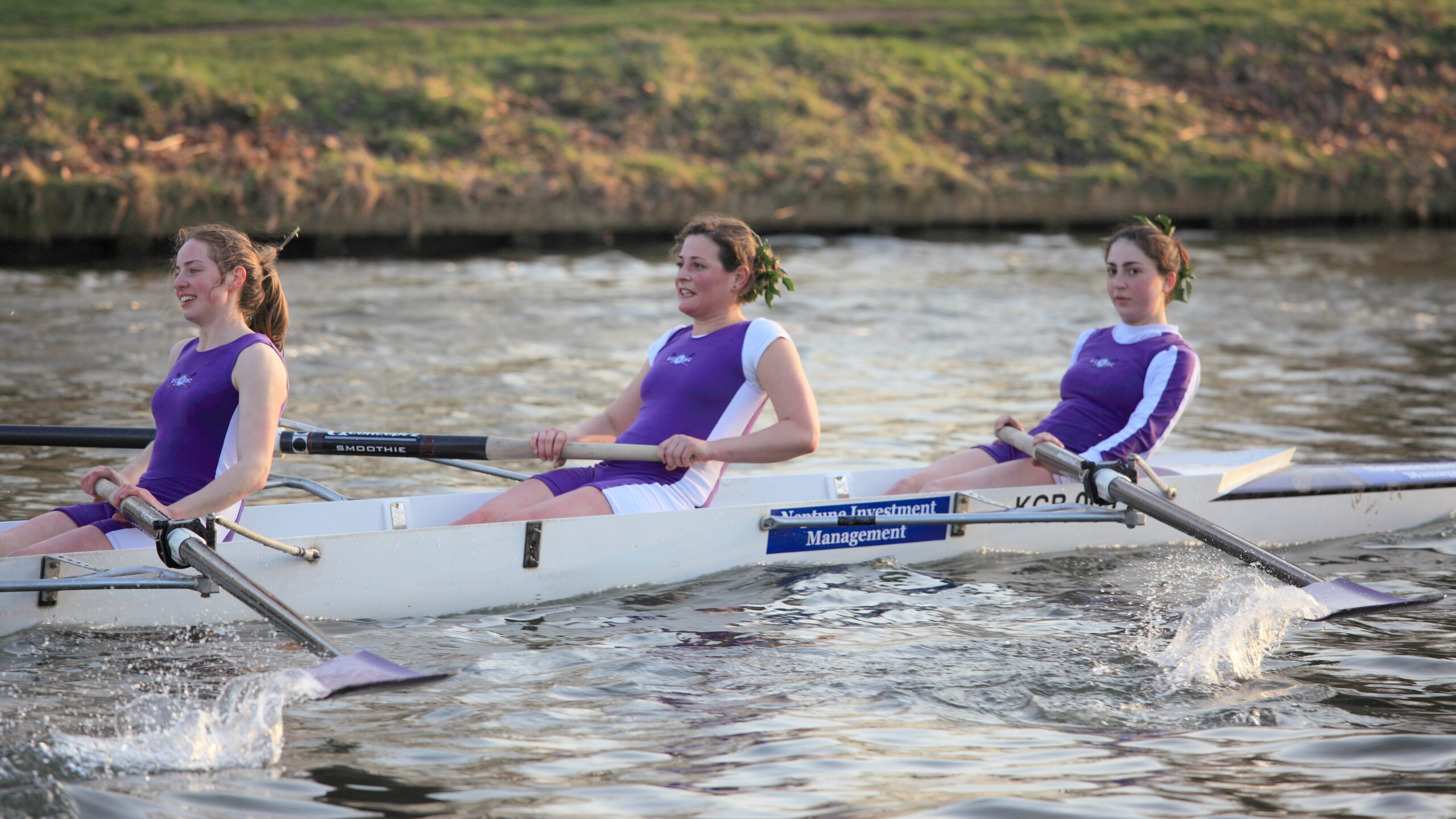
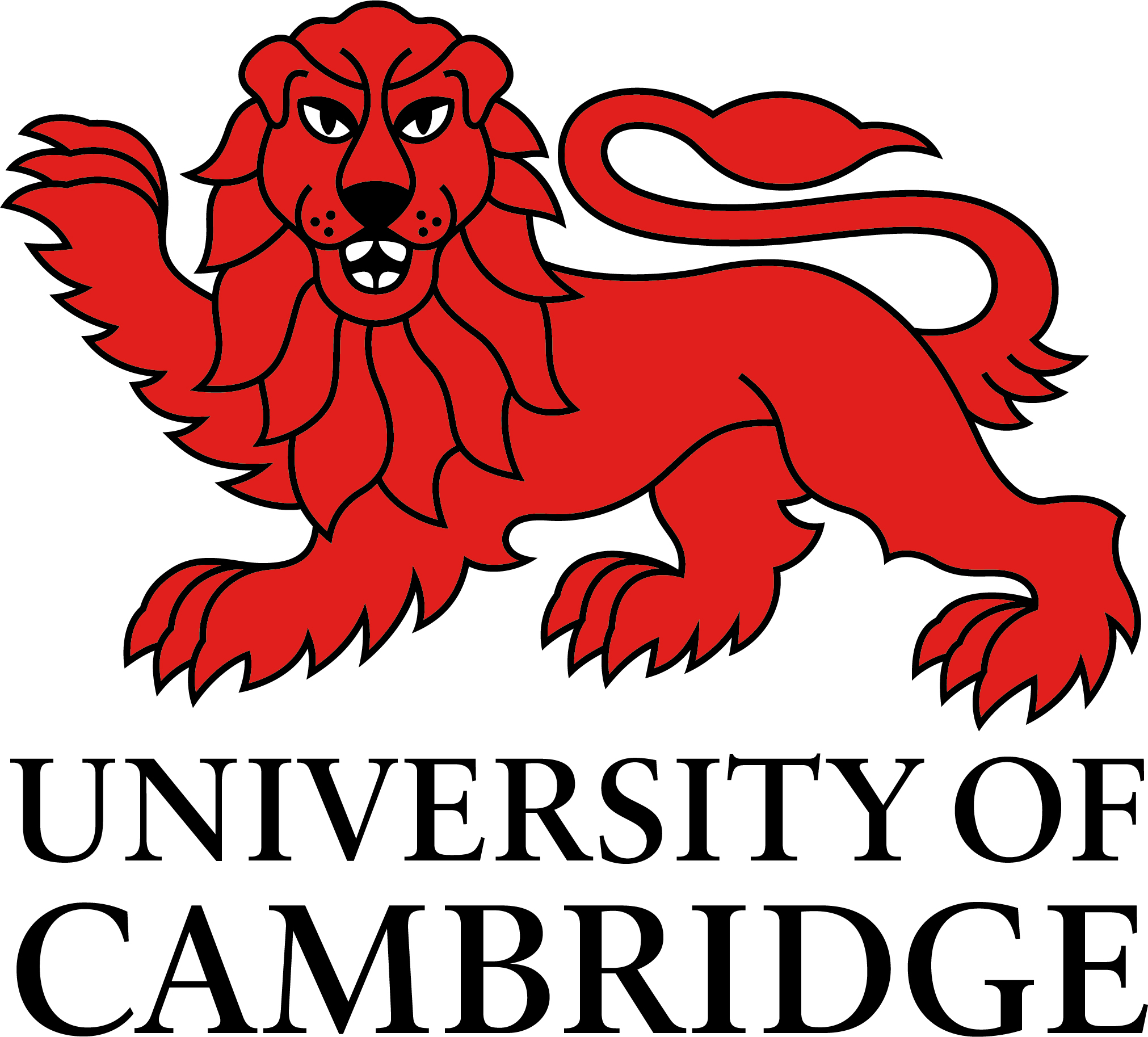
Dear Candidate
Thank you for considering joining the University of Cambridge as our new Director of Sport.
The video message below from Professor Bhaskar Vira, Pro-Vice-Chancellor for Education and Chair of Sports Committee, provides more detail on sport and physical activity at Cambridge and the role of the Director of Sport. By joining our vibrant and diverse sporting community at Cambridge, you will have the opportunity to build on our rich history and shape the future of our sports and wellbeing programmes. From elite athletes to those new to sports seeking camaraderie and wellness, your leadership will make a significant impact.
You can discover more about this exceptional opportunity on this site, and we hope you will express an interest in this unique sports leadership role and join us in making a lasting difference.

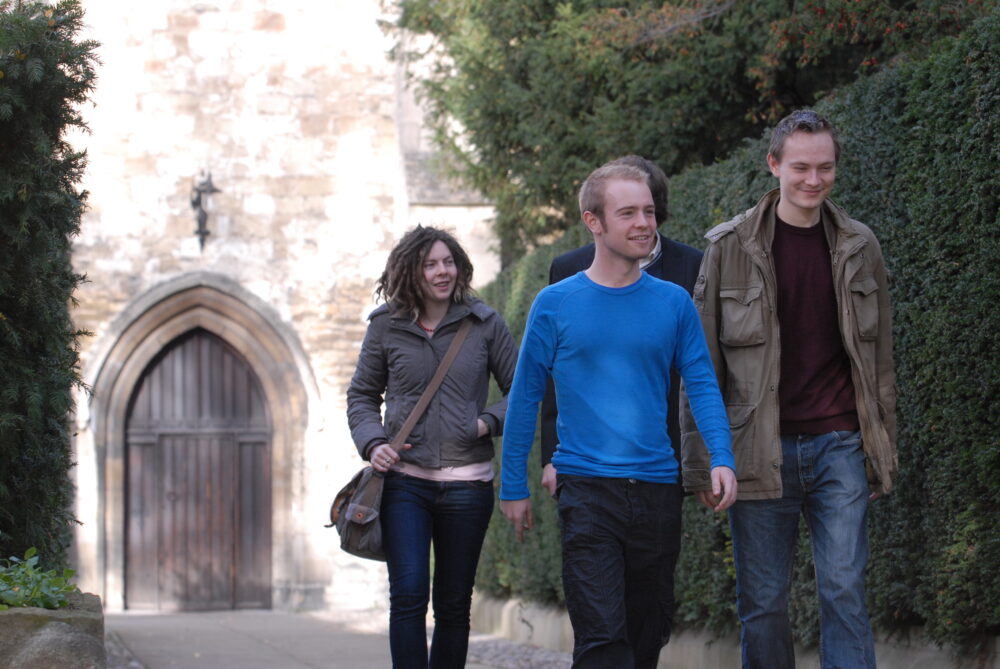
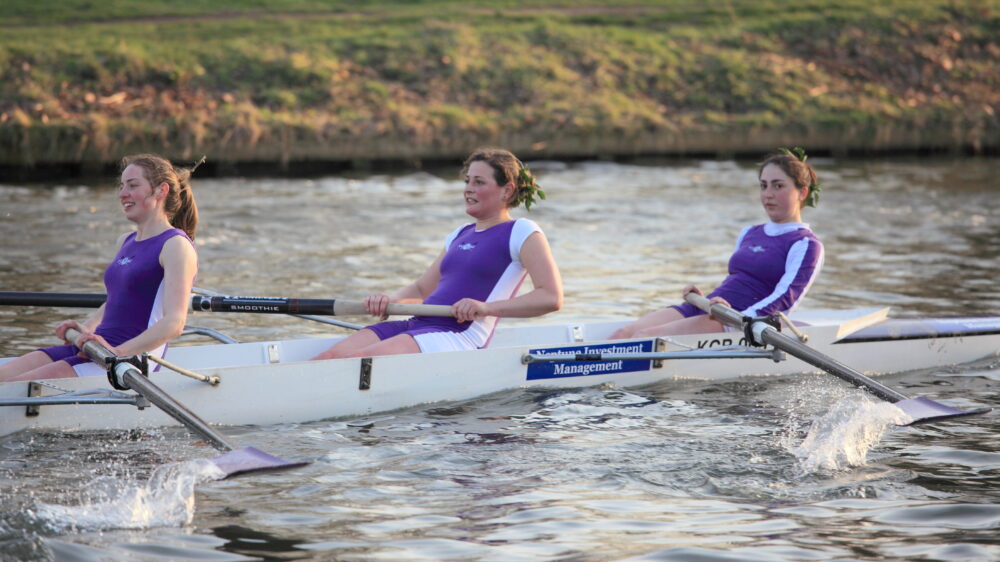
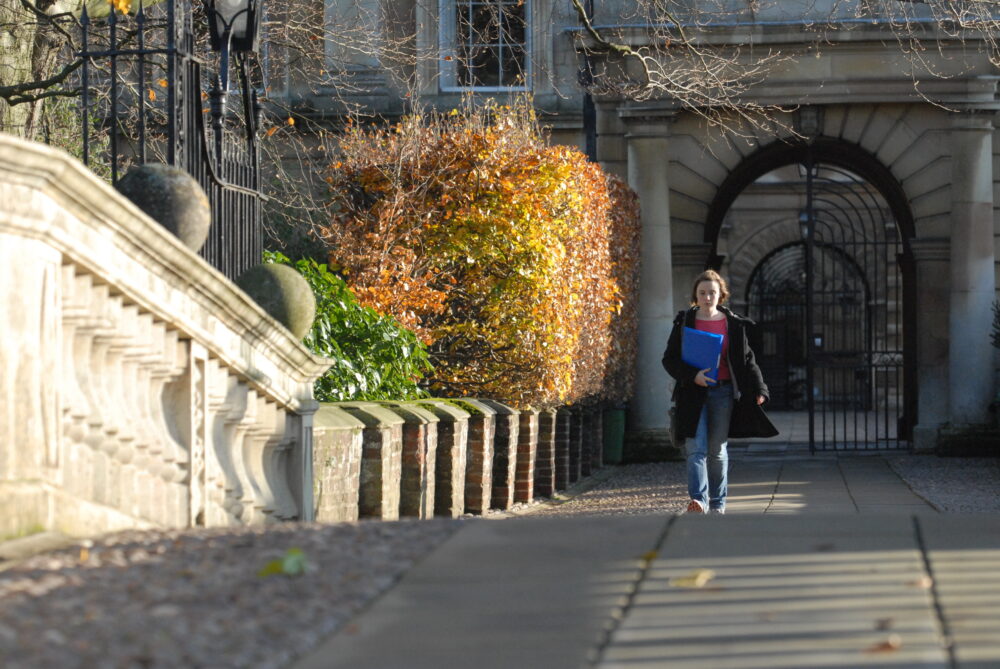
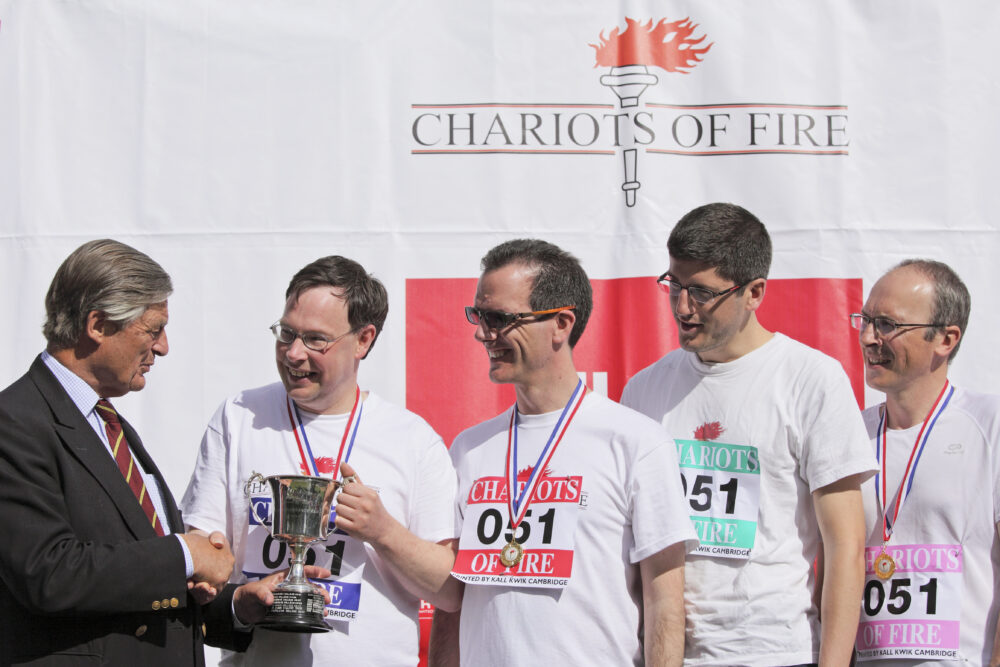
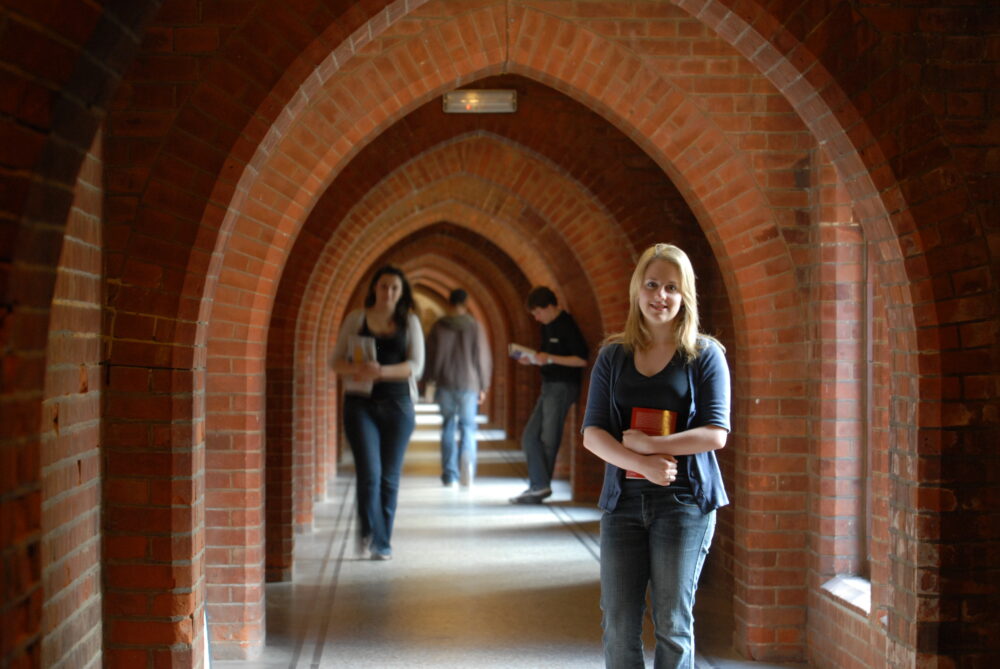
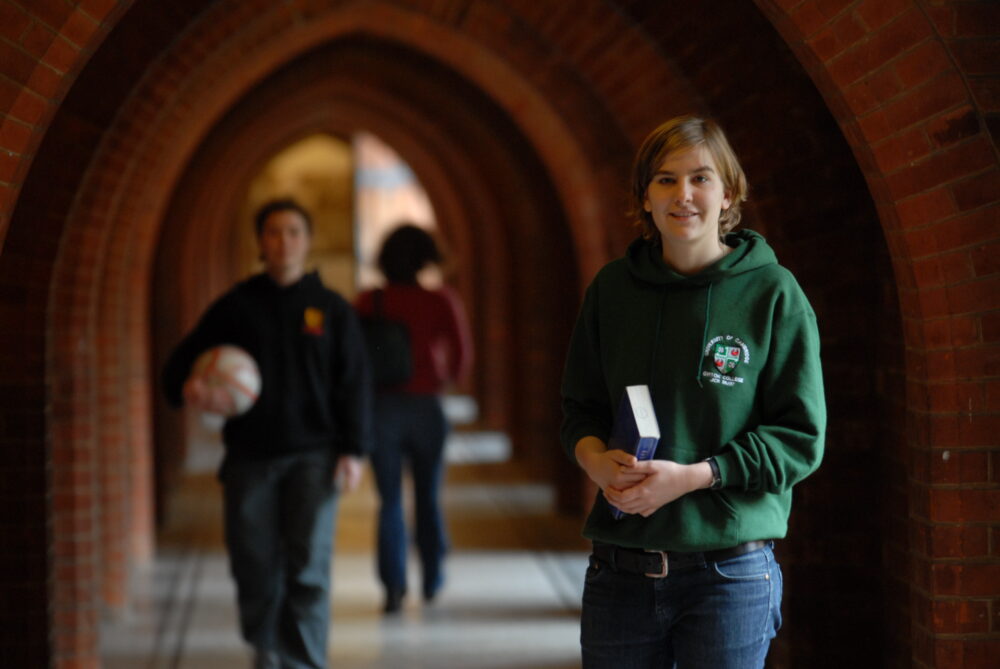
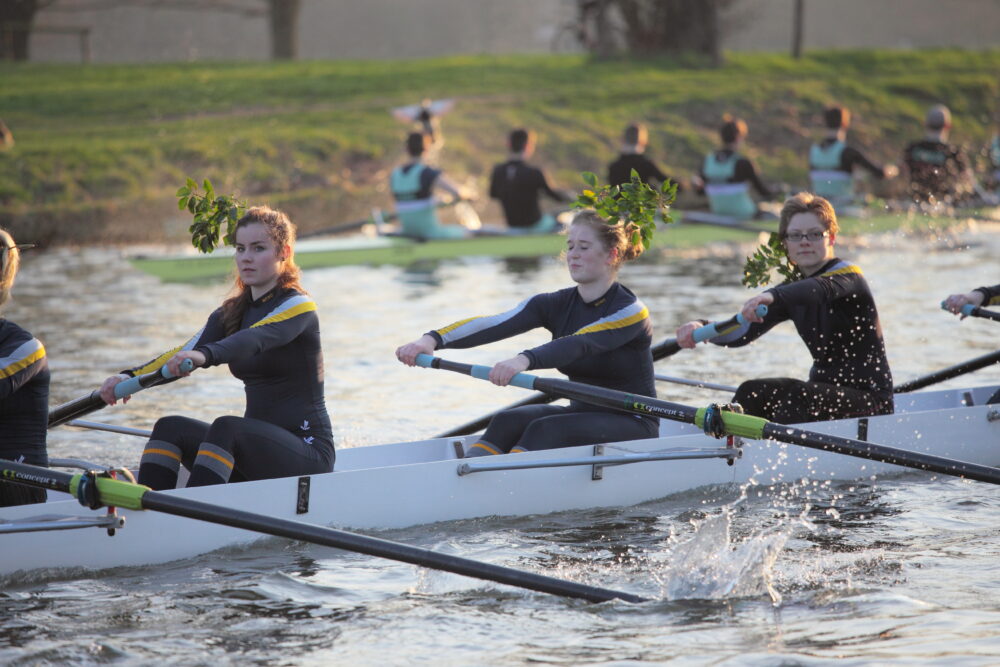
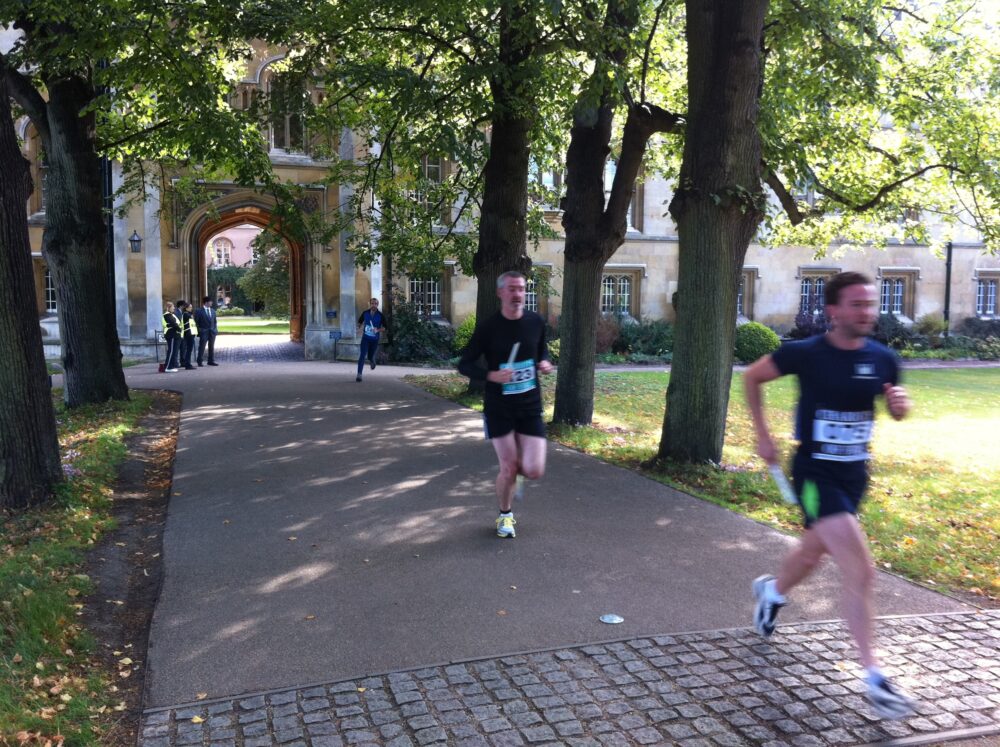


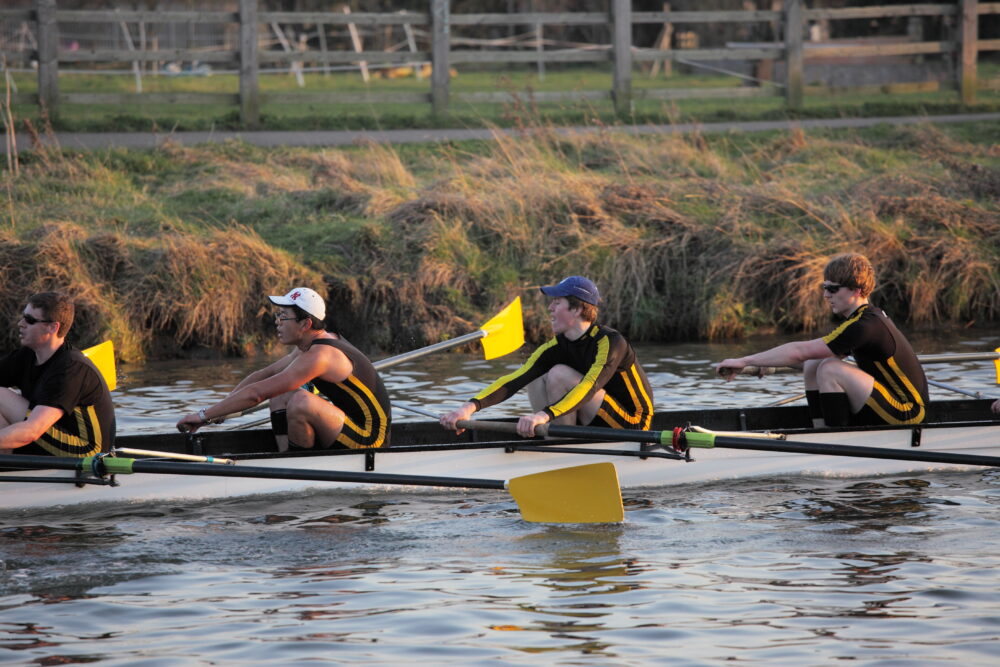
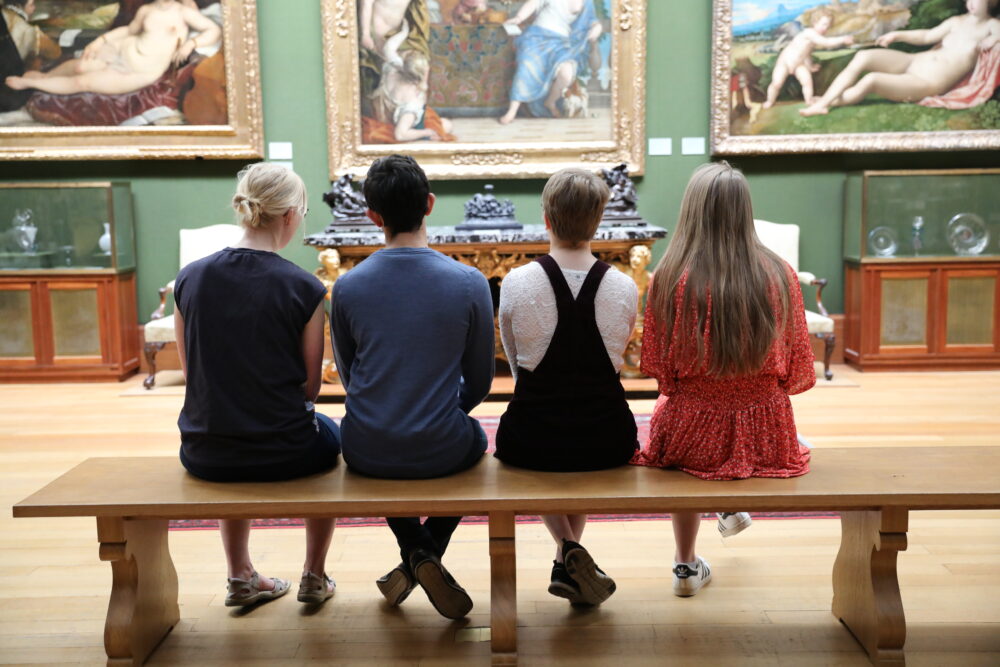
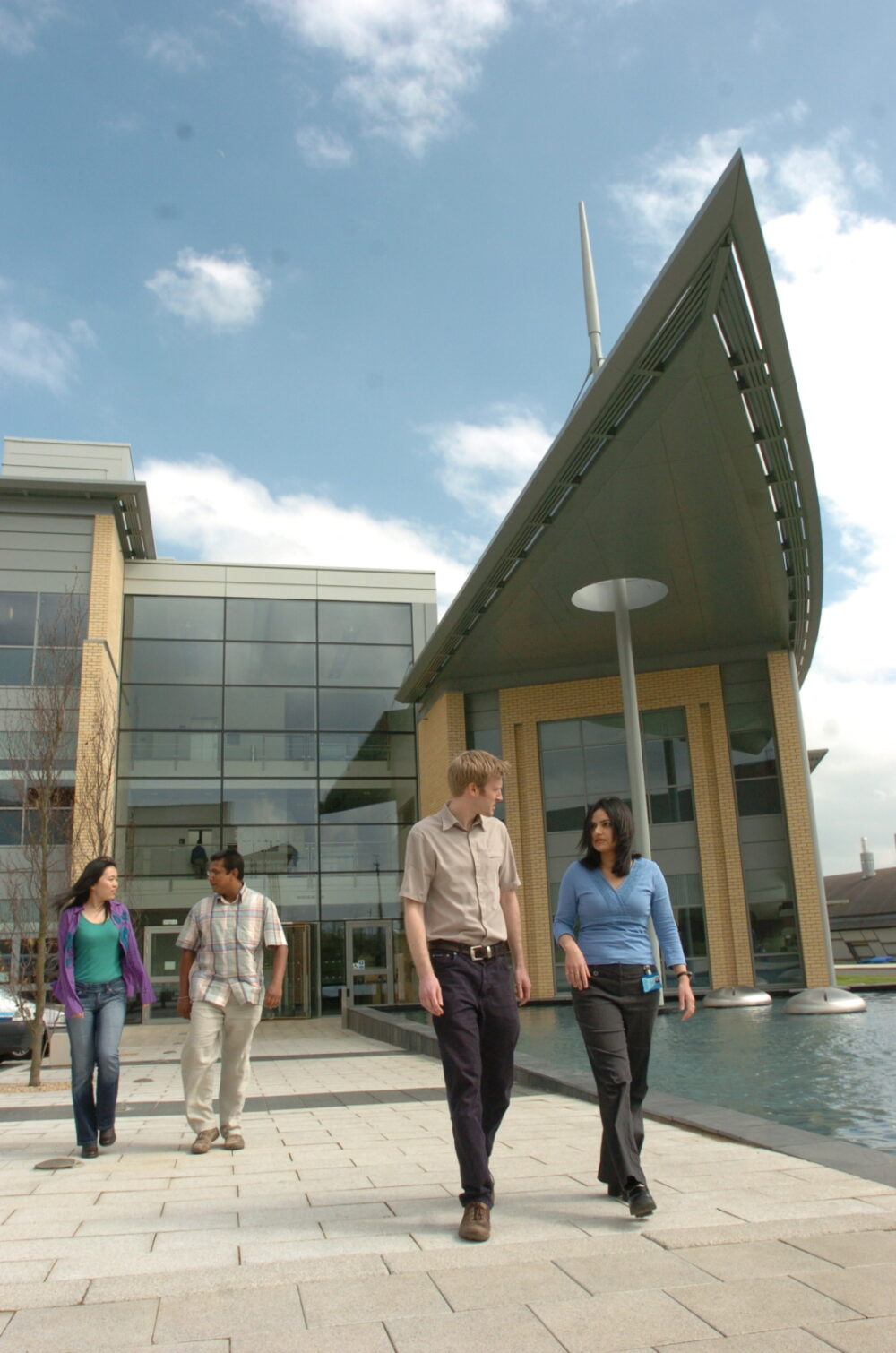

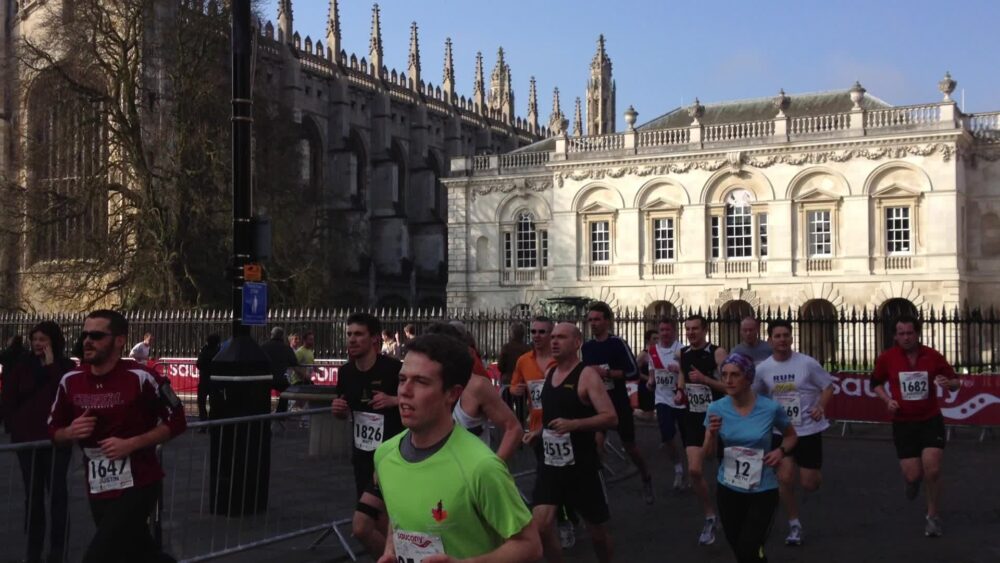

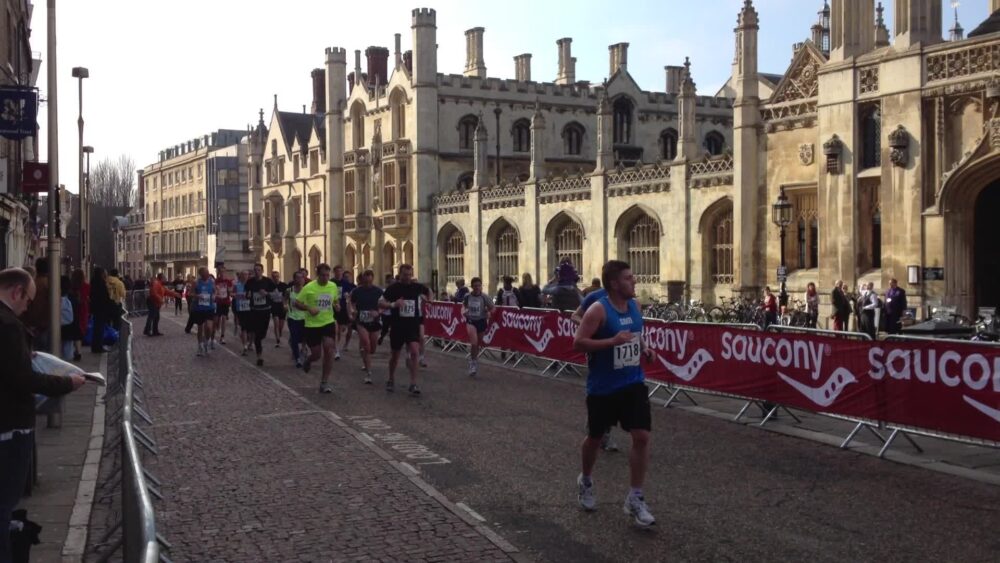
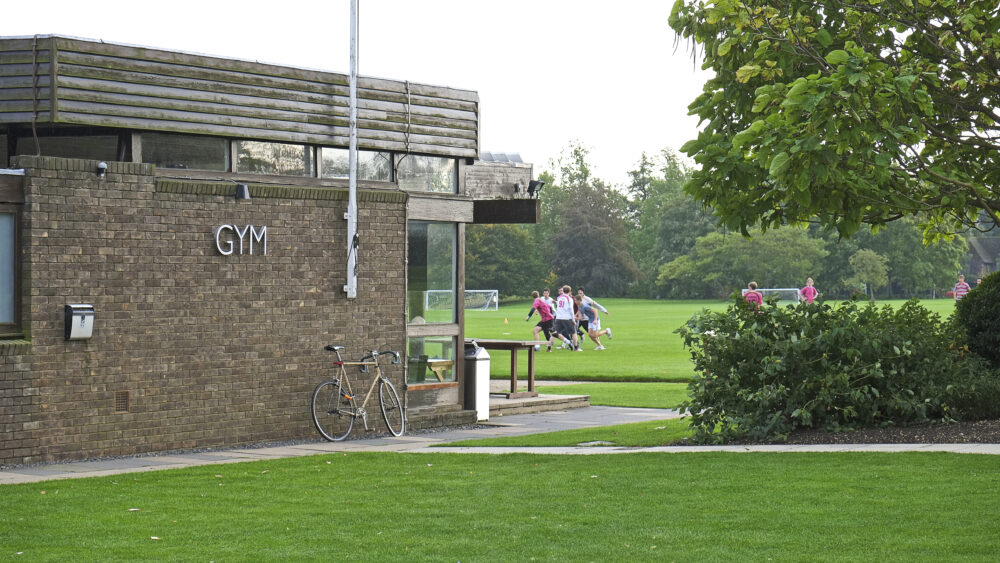
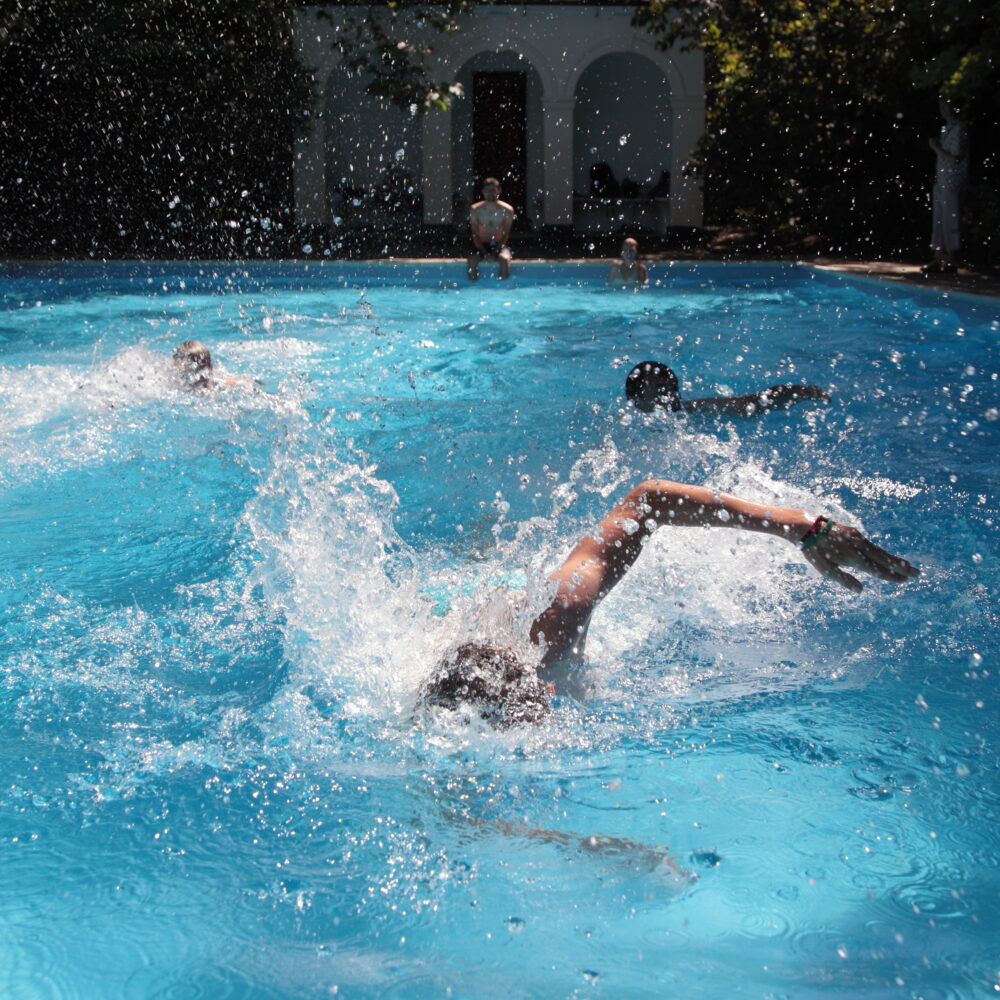
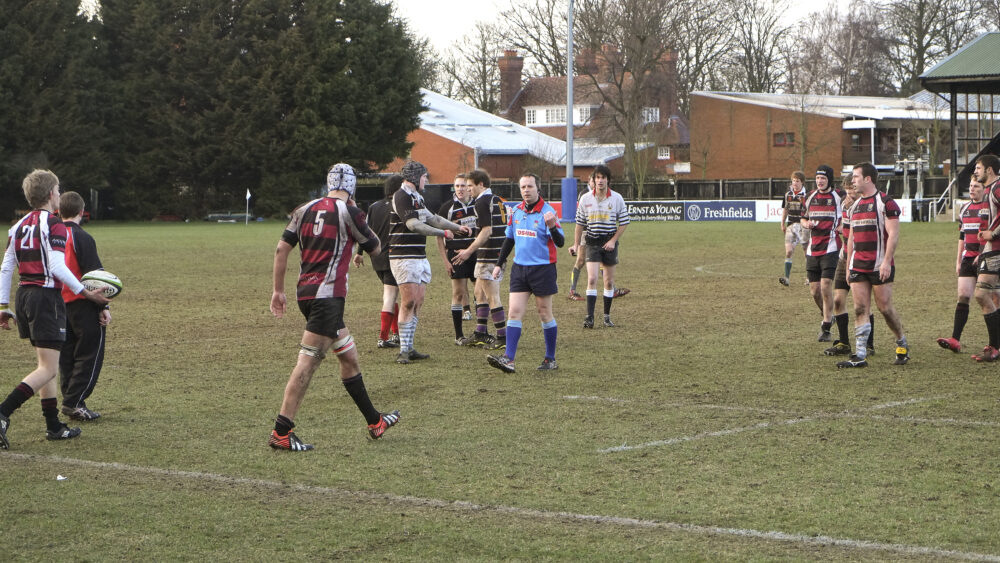
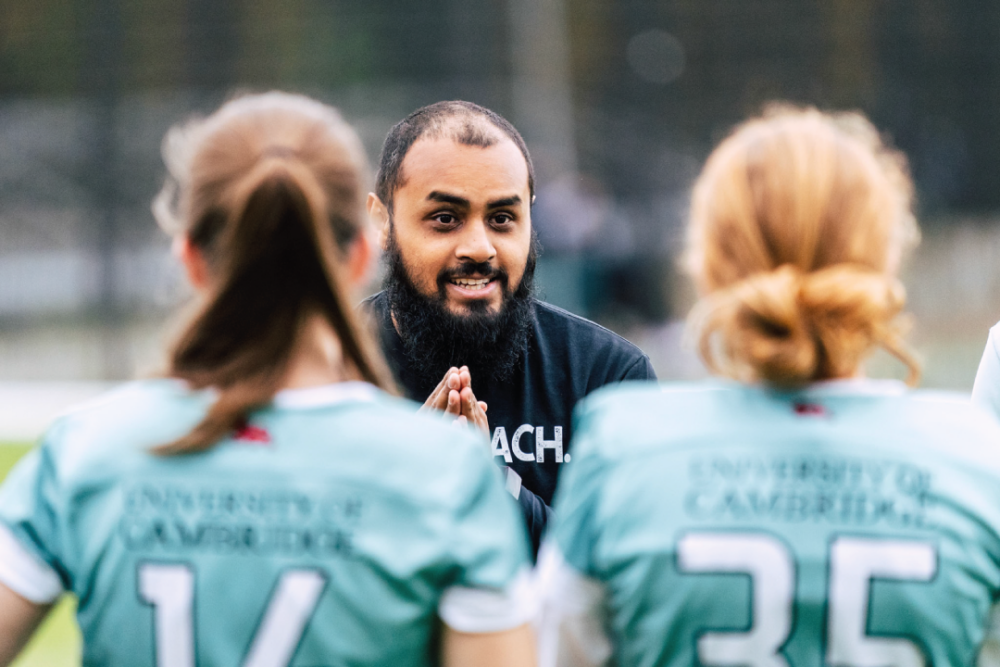
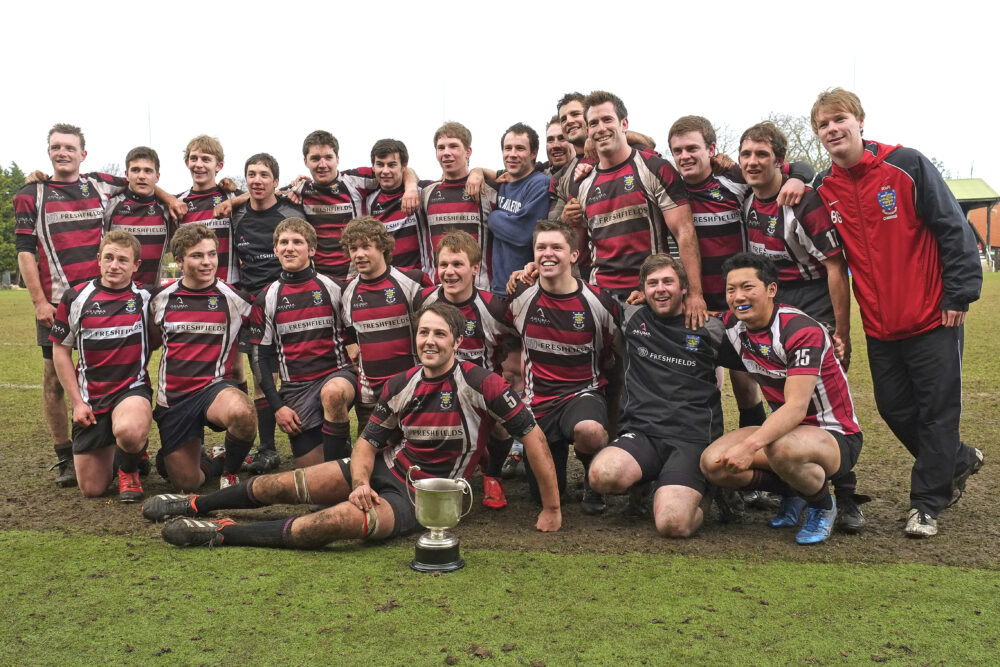
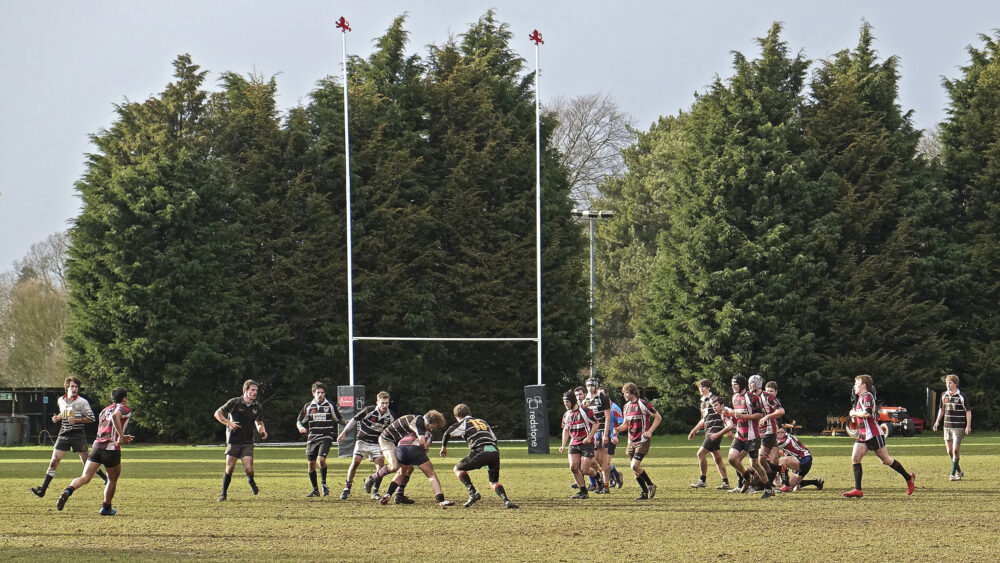
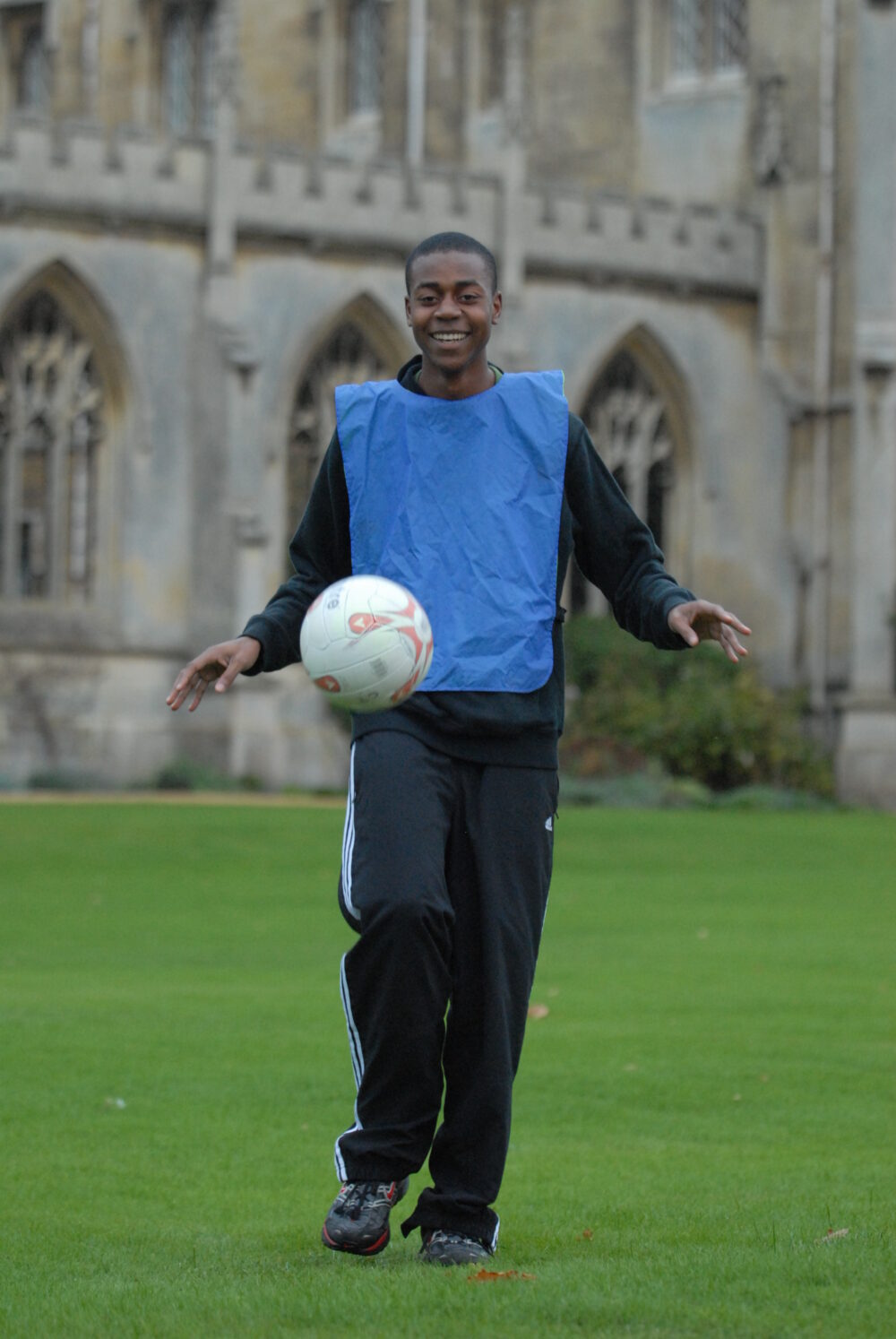

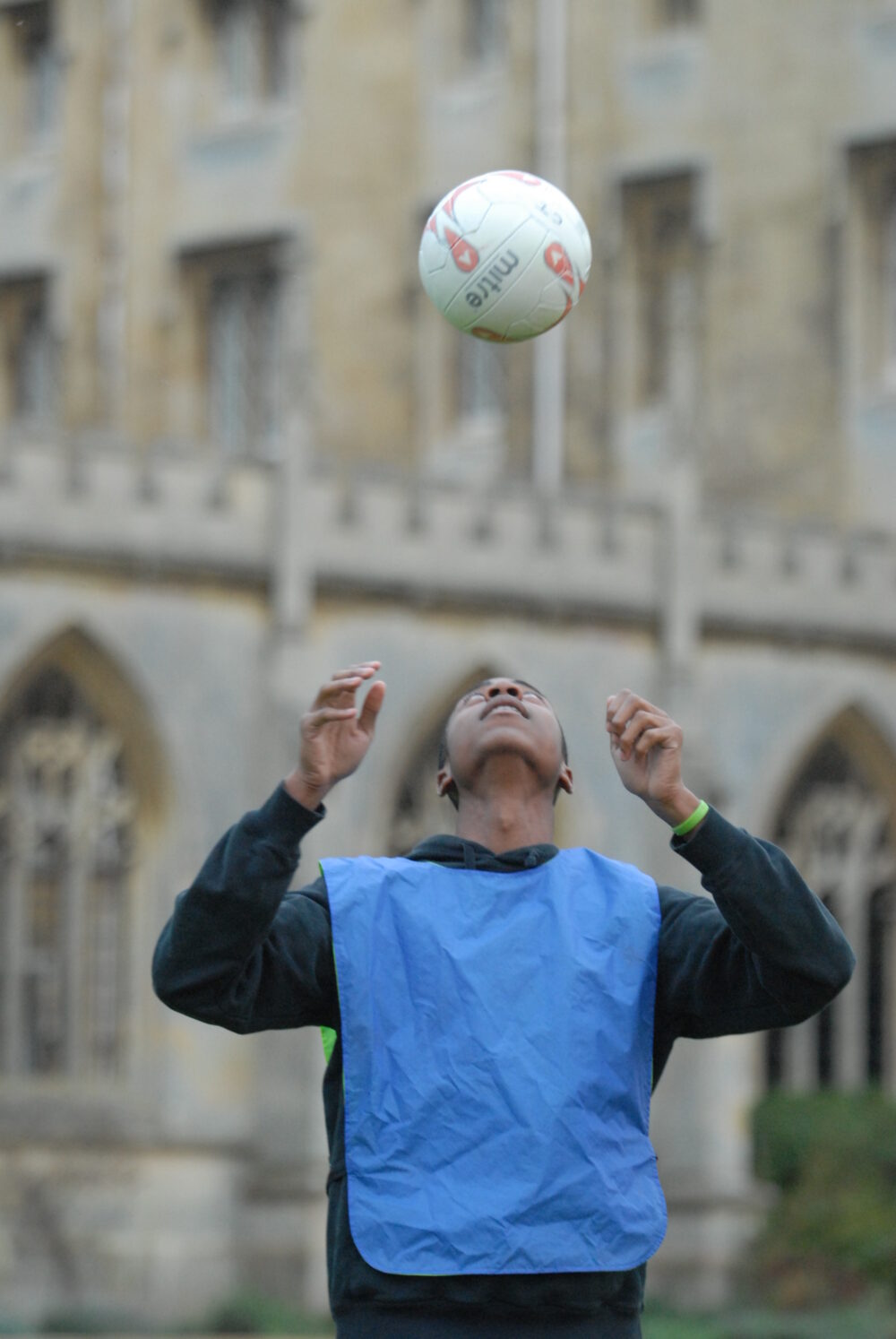
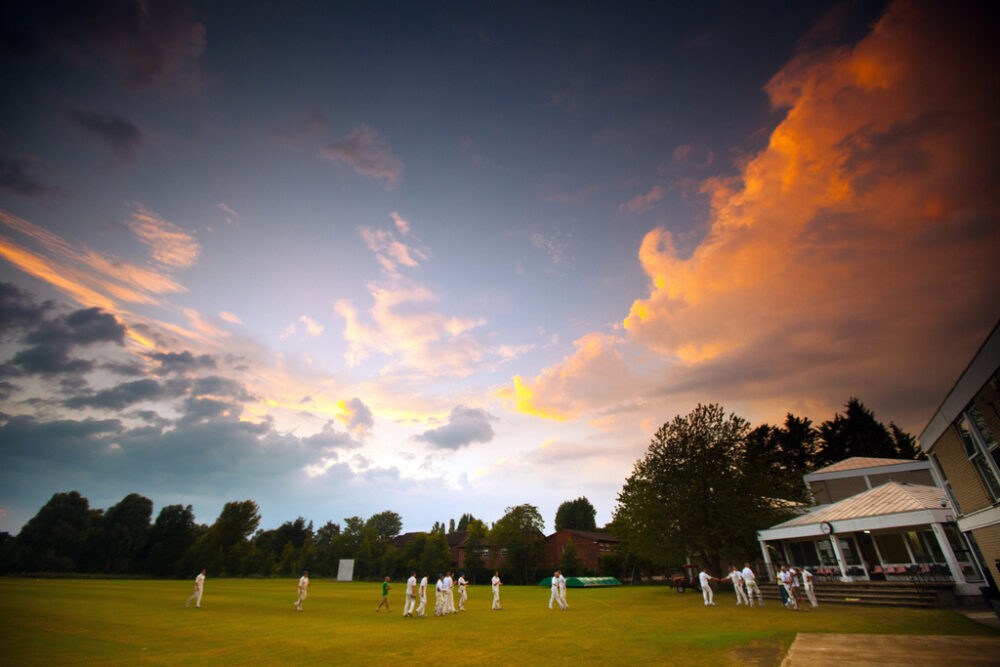
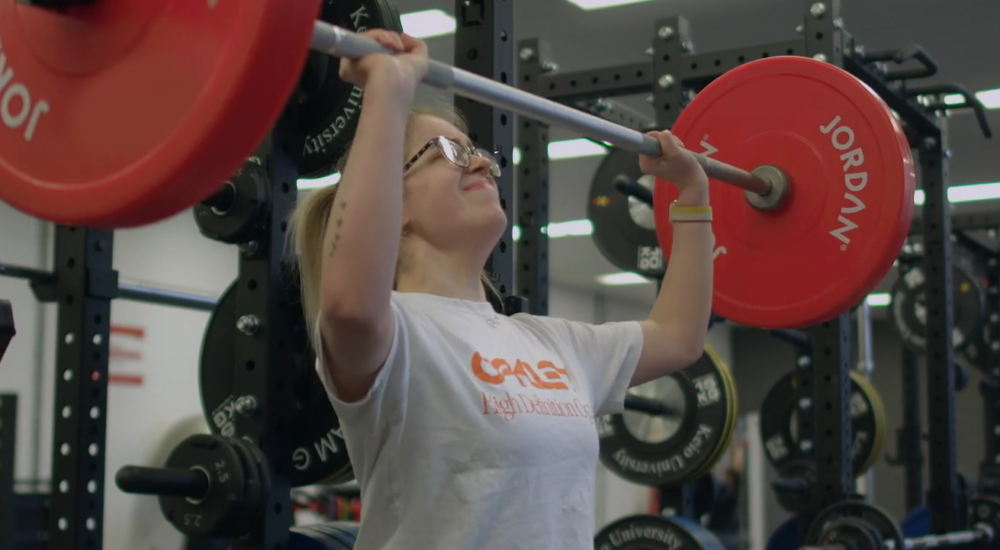

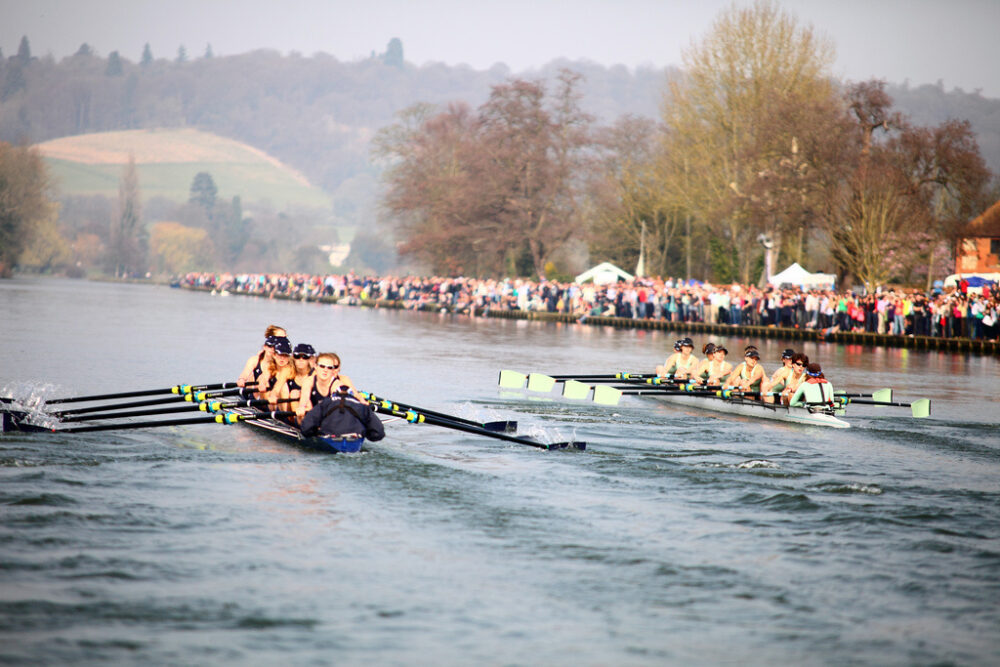
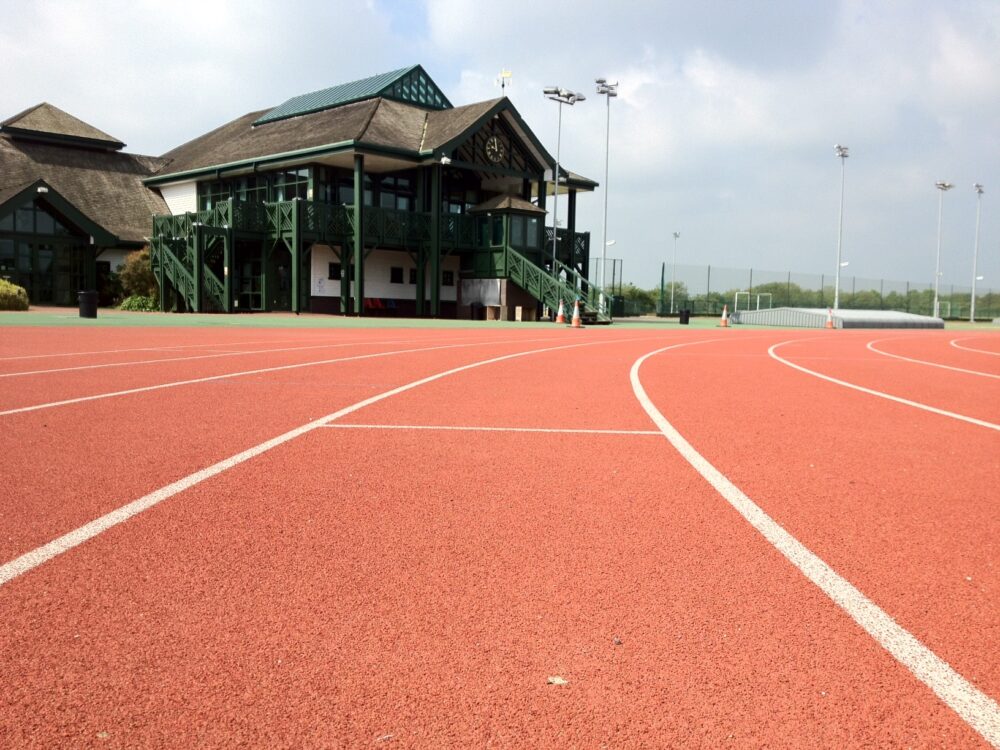
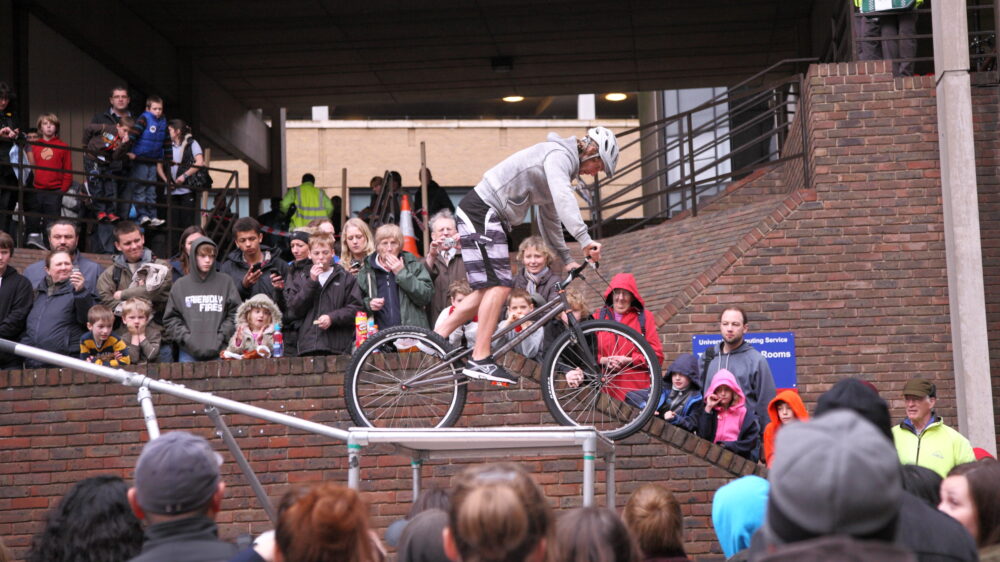
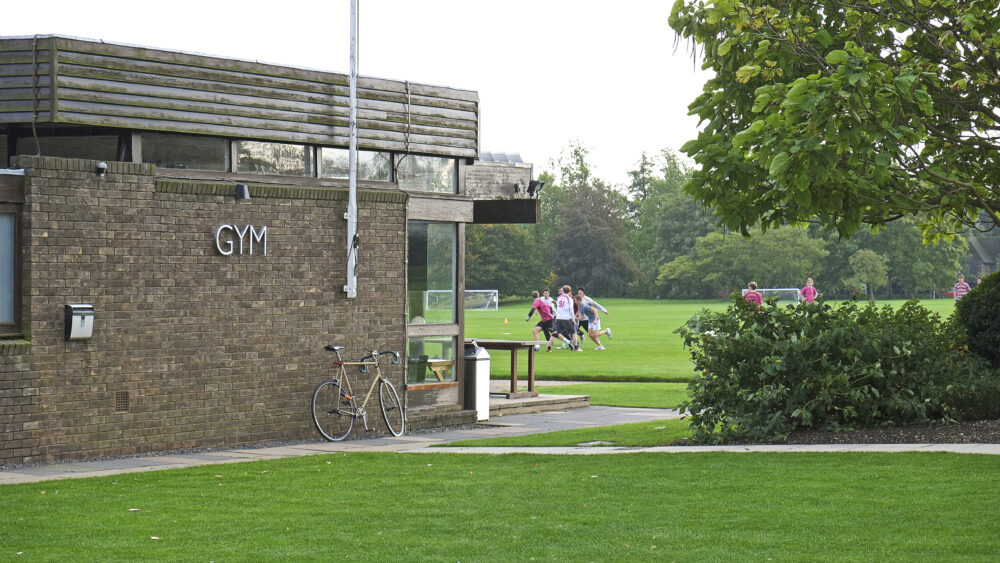
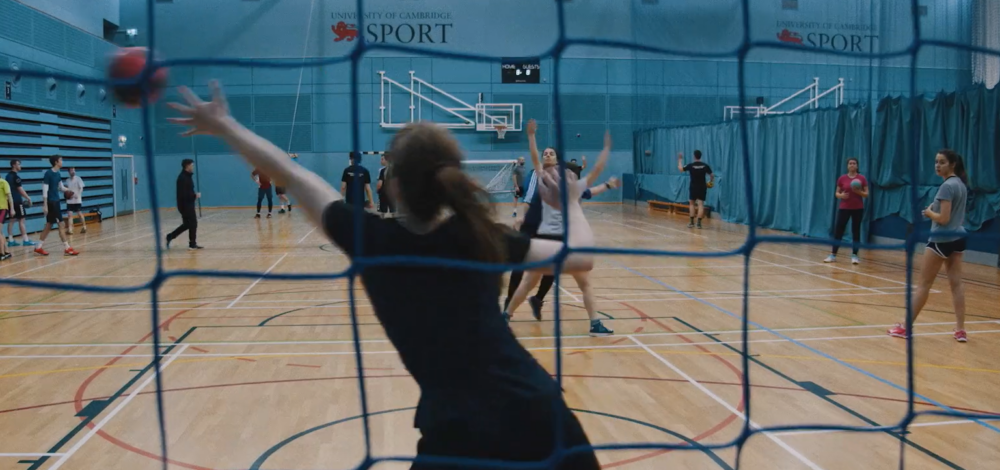
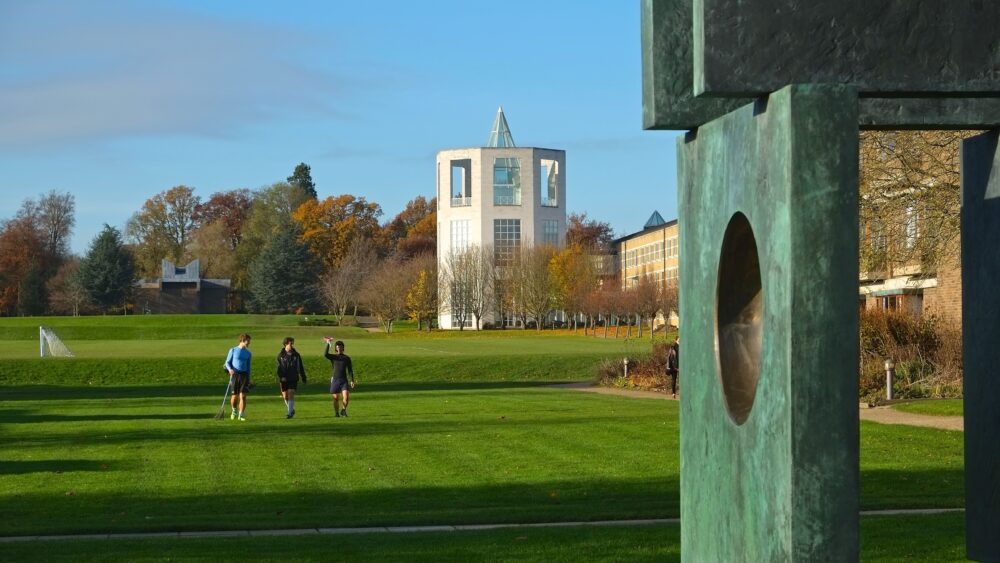
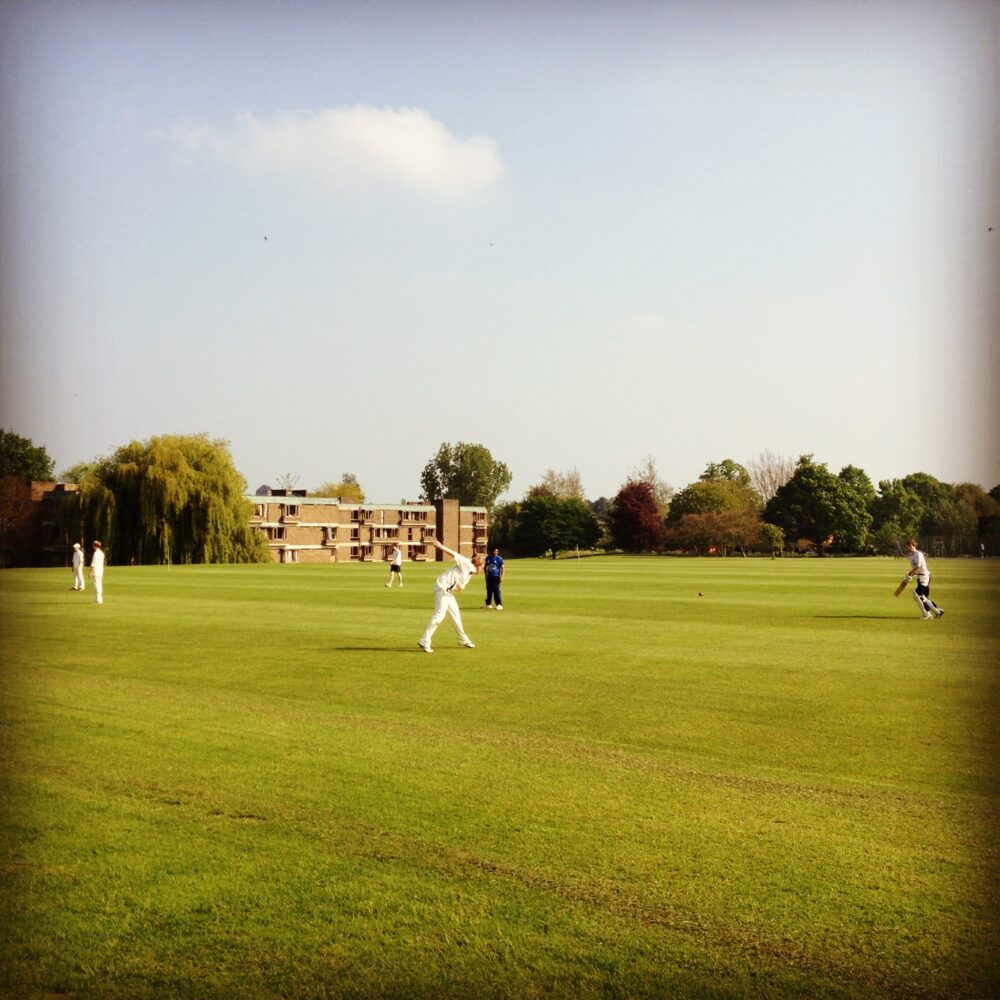
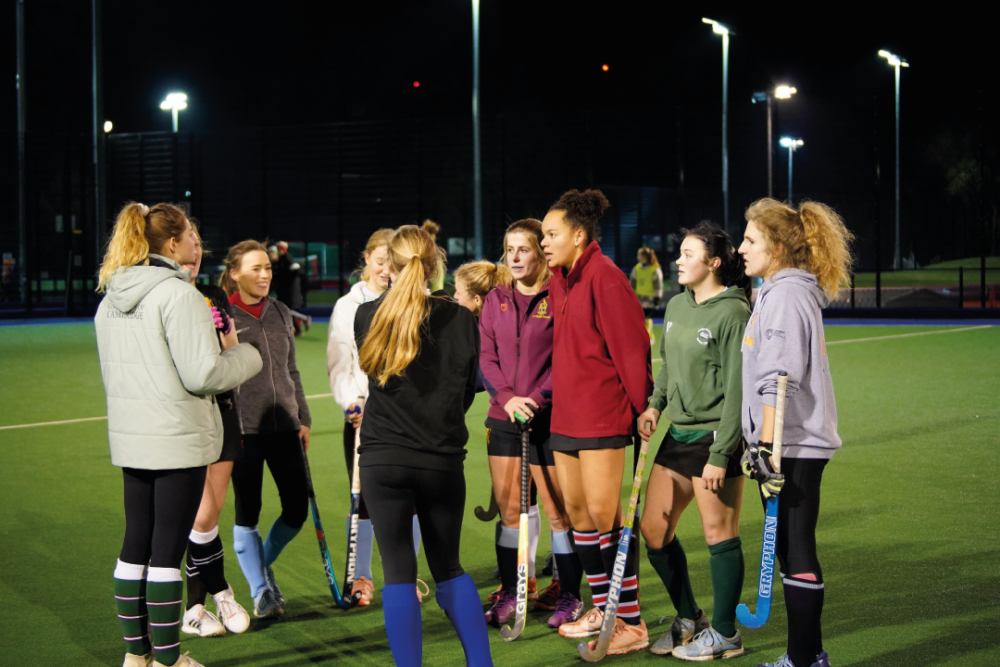

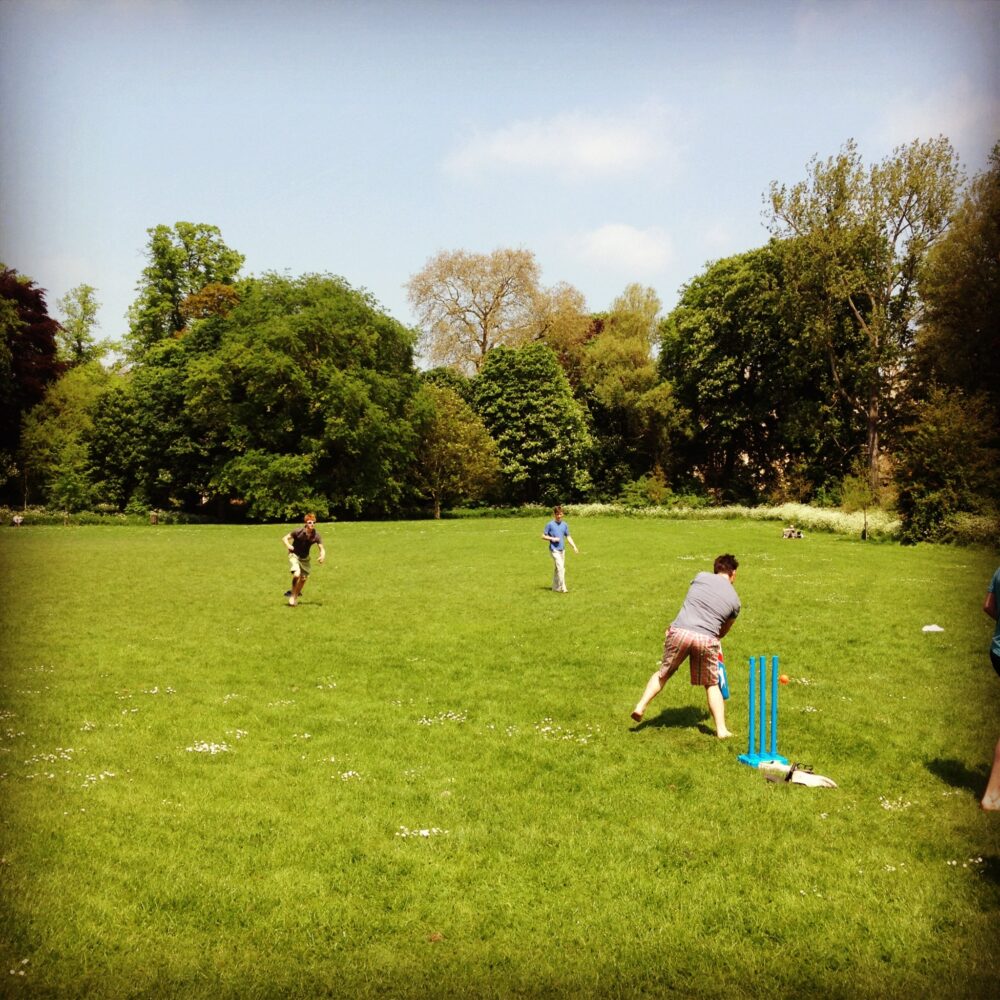
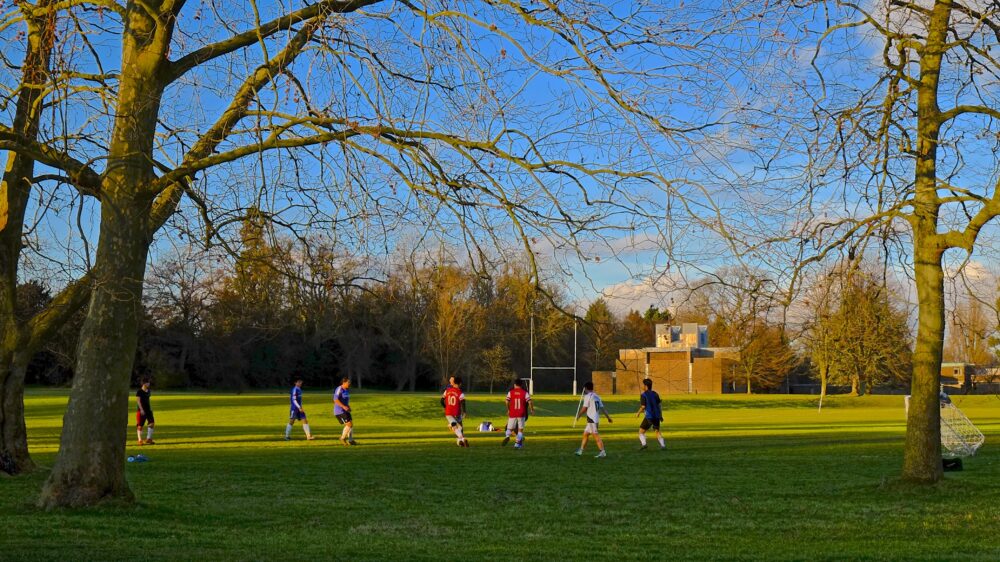
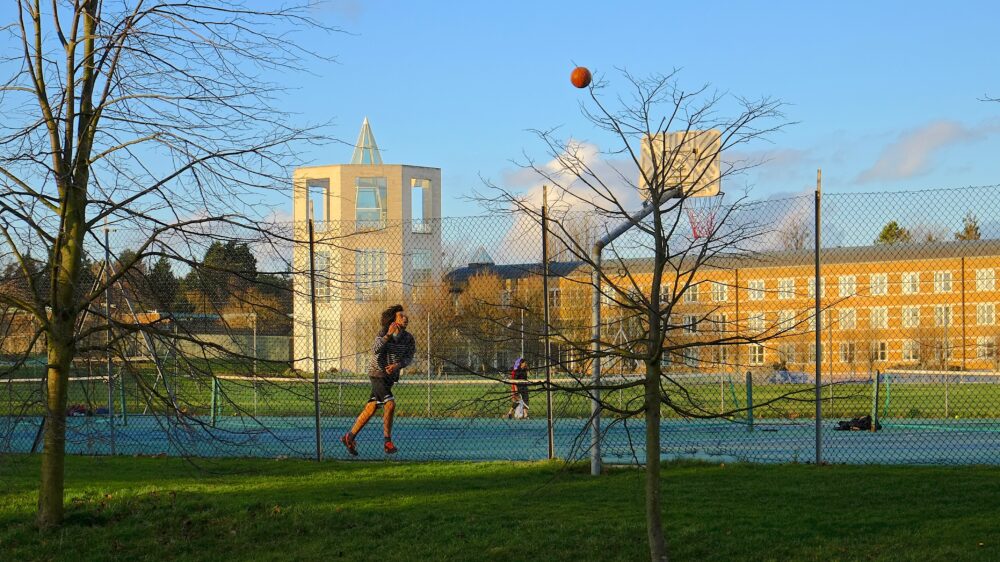
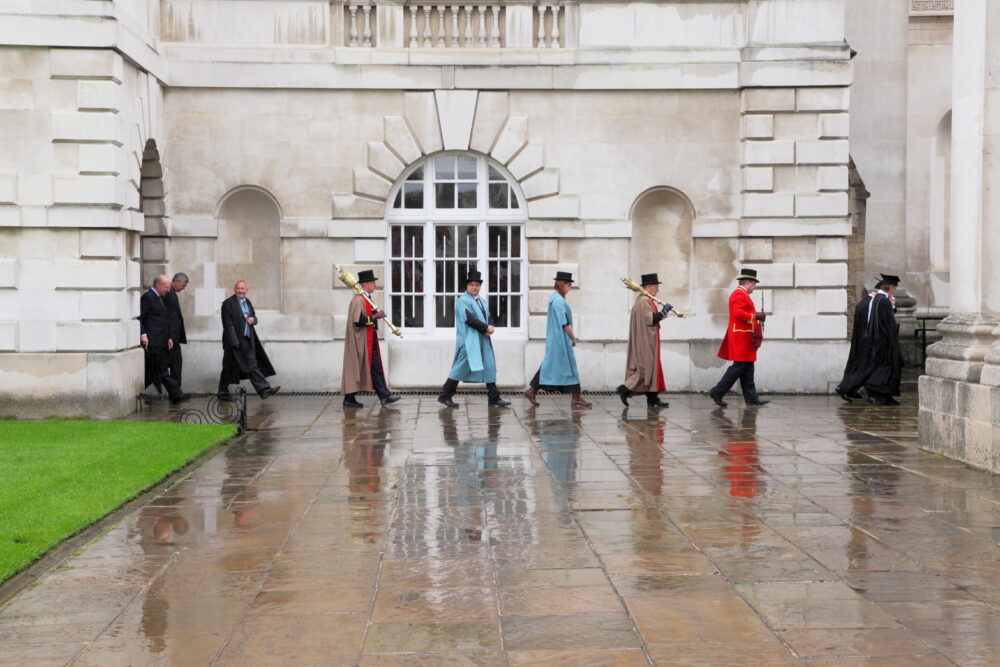
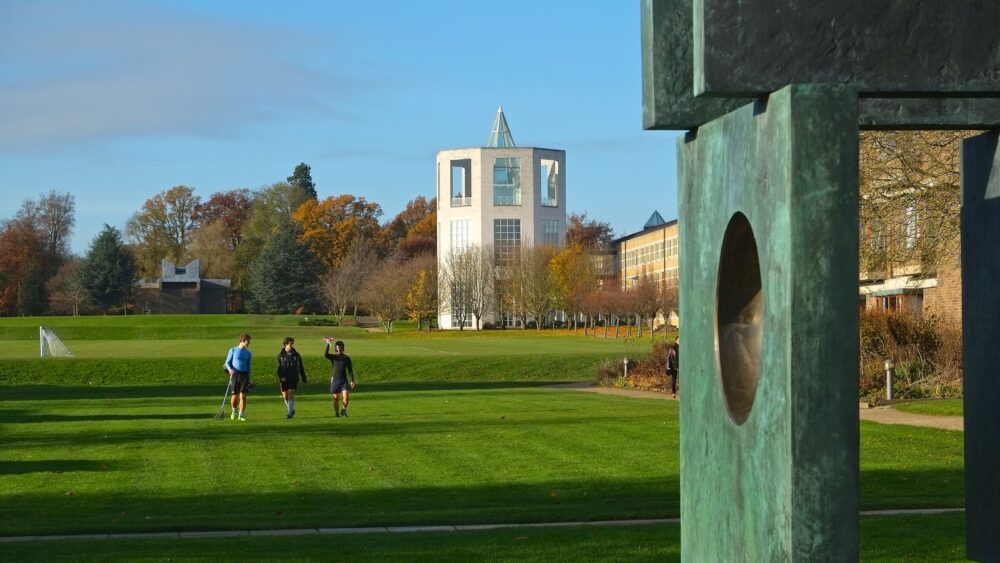
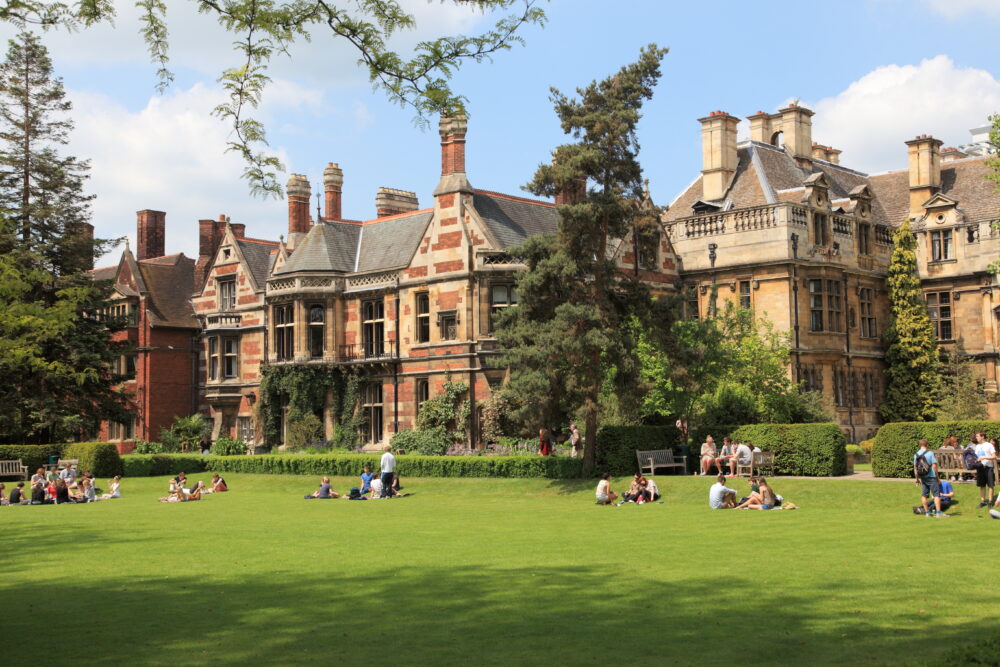

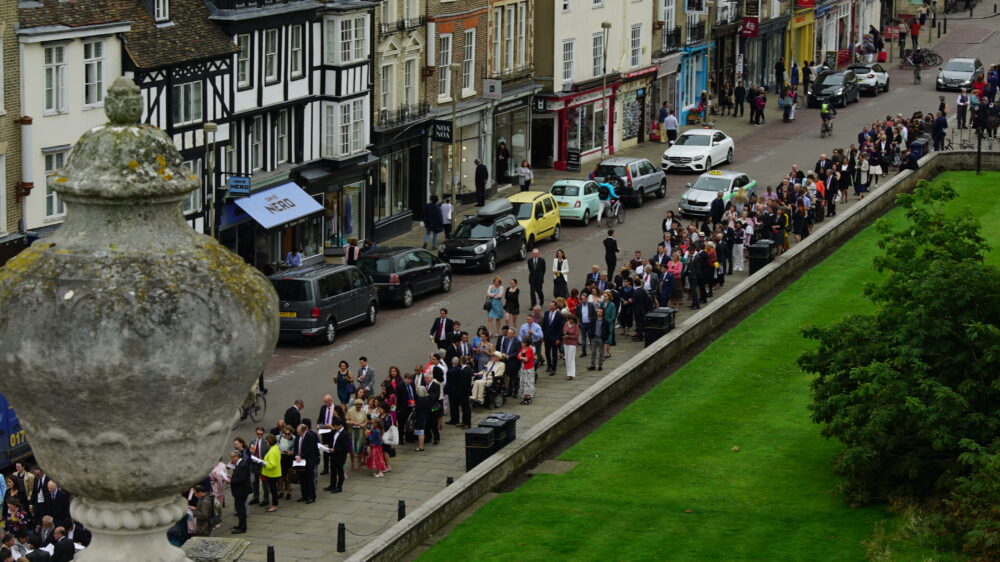
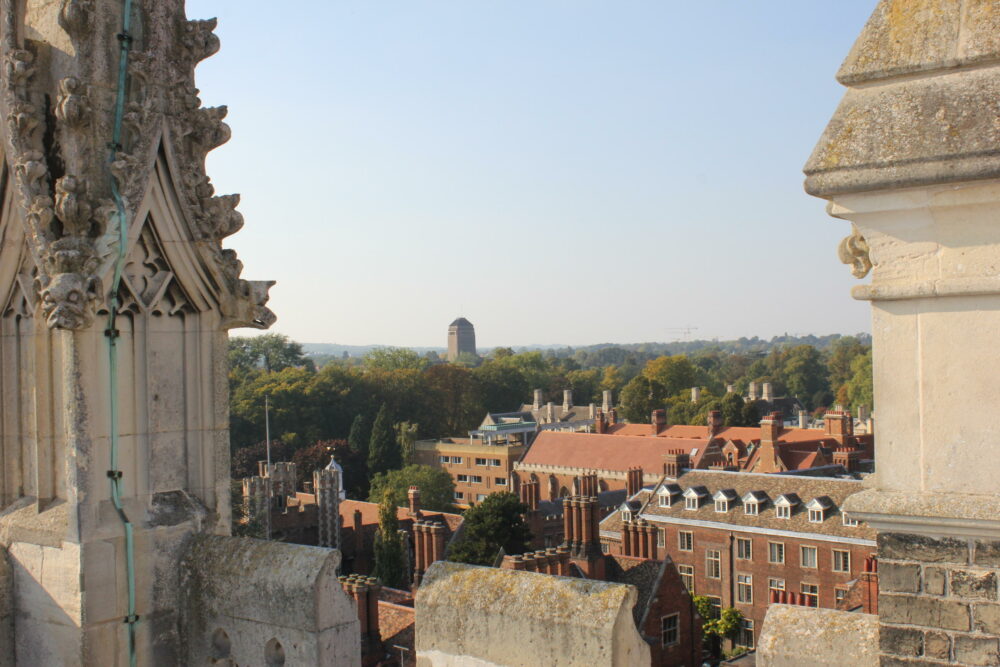
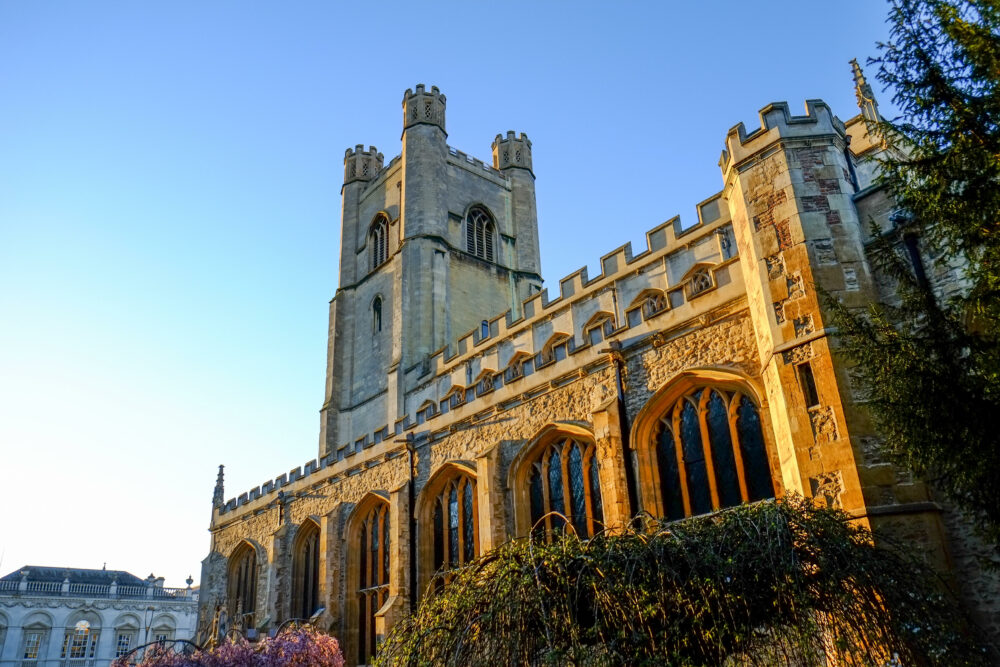
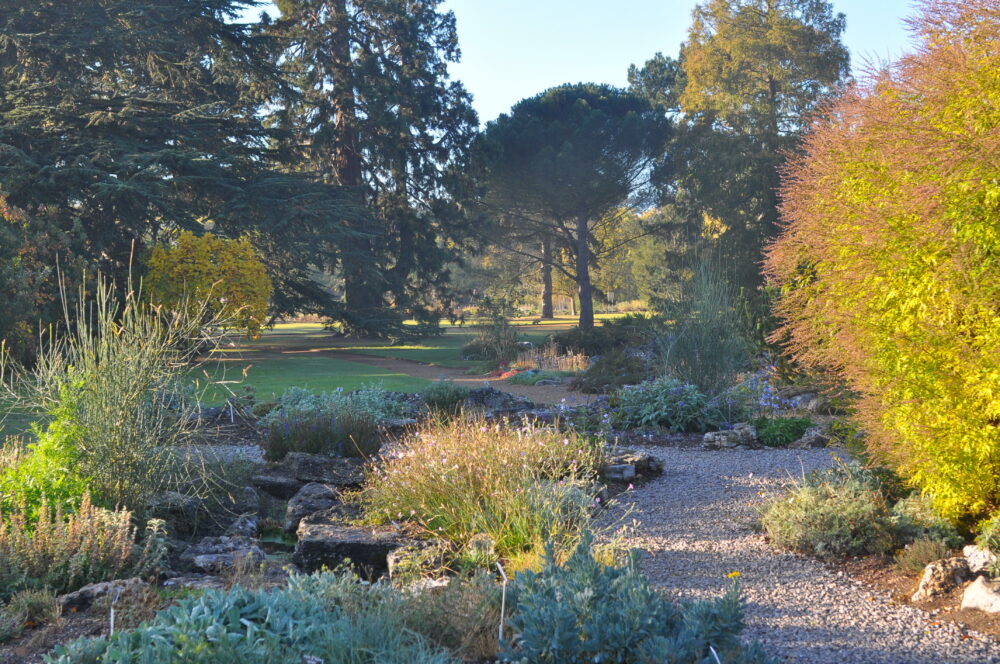
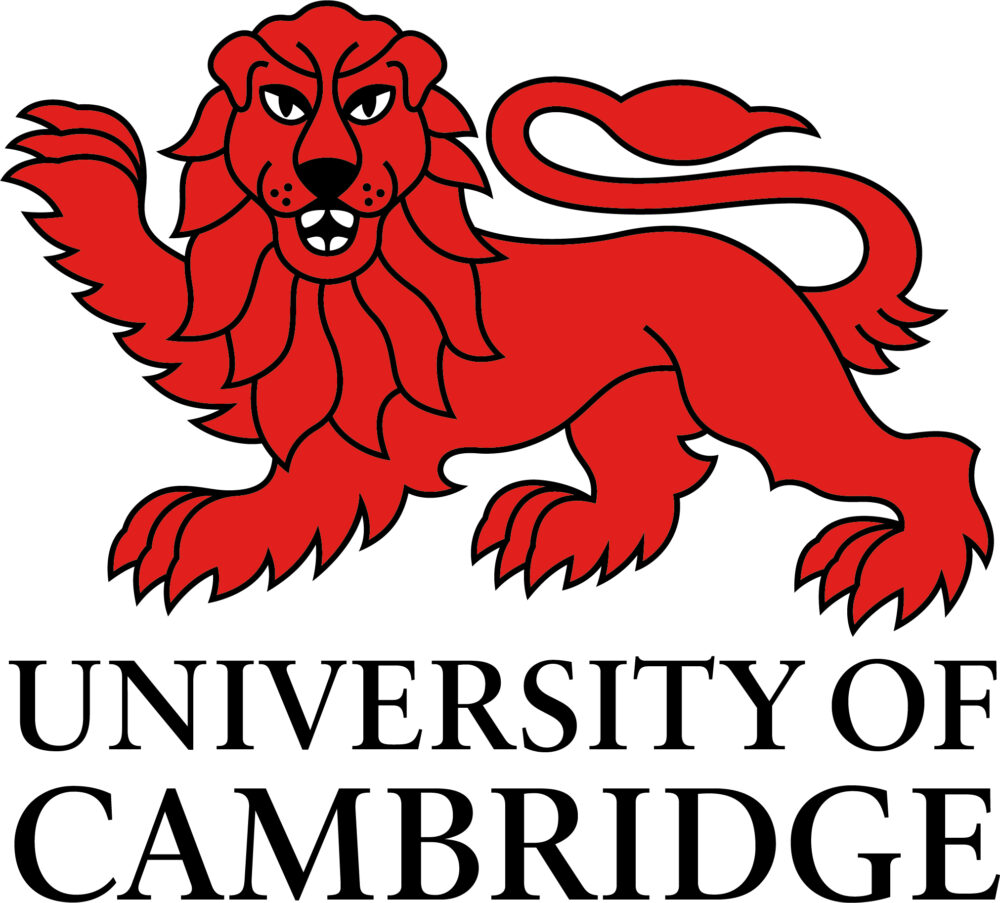


The University of Cambridge is consistently ranked one of the best universities in the world, achieving academic excellence through its Faculties, Departments, and other Institutions, together with the 31 Colleges.
The University is renowned for its record of discovery and innovation. It is one of the great institutions, with a regional, national, and global reach, attracting the very best and brightest minds. Our staff and students shape the world around us for the better: we attract and partner with like-minded people.
Whether contributing to the development of new anti-cancer drugs, adding to the understanding of how black holes are formed, revolutionising the study of ancient settlements, convening academic expertise to offer solutions to the climate crisis, or analysing public attitudes towards democracy around the world, the University’s research is remarkable in its breadth, quality, and impact. The University also sits at the heart of Europe’s largest technology cluster and has catalysed more than 1,500 high-tech companies. And yet what inspires our 24,000 students and 12,000 staff is not what has already been achieved, but what is possible in the future.
The education and experience of our students, based on a partnership between the University’s academic Departments and Faculties and the 31 Colleges, is second to none. Every student is a member of one of the Colleges, each a community of students, academics and staff drawn from across the University’s comprehensive range of subject areas.
The University is an academically-led democratic institution, its ultimate decision-making body being the Regent House, which comprises more than 7,000 members of academic and senior administrative staff. Each Department and Faculty is part of one of six academic Schools, but each of them, and each individual academic, has a great deal of autonomy. The Colleges are independent and self-governing, working in a symbiotic relationship with the University.
The University has a number of Institutions that are independent of any Faculty or Department and are not part of the academic Schools. These include the Institute of Continuing Education (which provides high-quality education to adults throughout their lives), the Fitzwilliam Museum, Kettle’s Yard (an historic house and gallery that holds important collections of modern art) and the University Library. In addition to their diverse contributions to University and public life, these non-School Institutions are also important centres of teaching and research.
Cambridge University Press & Assessment provides academic publishing, examinations and learning materials worldwide, supporting the dissemination of research, academic development at school and in higher education, and international student mobility. Legally, the Press & Assessment is a department of the University. It provides very important funds to invest in the academic purposes of the University.
The University has made truly remarkable contributions to the sum of human understanding, with breakthrough ideas and discoveries that have changed the way we understand ourselves, our planet, and the universe around us. Yet the global and national contexts in which it operates are fast-changing and increasingly filled with uncertainty. In a world that is becoming – politically, economically, socially, and technologically – ever more interconnected but even less equal, the University’s mission – “to contribute to society through the pursuit of education, learning and research at the highest international levels of excellence” – has never been more relevant.
The University is one of the world’s leading academic centres. It comprises 150 faculties and departments, together with a central administration and other institutions. Our institutions, museums and collections are a world-class resource for researchers, students and members of the public representing one of the country’s highest concentrations of internationally important collections.
The University has an annual income of £2 billion. Research income, won competitively from the UK Research Councils, the European Union (EU), major charities and industry, exceeds £500 million per annum and continues to grow.
The Colleges and the University remain committed to admitting the best students regardless of their background and to investing considerable resources both in widening access and financial support. The 31 Colleges are self-governing, separate legal entities which appoint their own staff. Many academic staff are invited to join a College as a Teaching Fellow, which provides a further social and intellectual dimension. The Colleges admit undergraduate students, provide student accommodation and pastoral support and deliver small group teaching for undergraduates.
The University awards degrees and its faculties and departments provide lectures and seminars for students and determine the syllabi for teaching.
Our instinct for seeking out excellence and setting up enduring and mutually beneficial collaborations has led us to establish strategic partnerships across the globe. Whether it is the successful Cambridge-Africa Programme involving universities in Ghana, Uganda and elsewhere on the African continent; or the close association with the government of India to pursue new research in crop science; or the creation, with Germany’s Max Planck Institutes, of a Cambridge-based centre for the study of ethics, human economy and social change – international partnerships are now an inextricable part of the University’s make-up.
“Through its outstanding education, research and innovation, the University of Cambridge has made – and continues to make – a lasting contribution to human knowledge and flourishing. By working at the University of Cambridge, you will be joining a vibrant community of students, scholars and professional services staff committed to supporting and enhancing the University’s mission to contribute to society.”
Professor Deborah Prentice, Vice-Chancellor
Working at Cambridge you will join a diverse, talented, and innovative community, with more than 24,000 students and 12,000 staff from all walks of life and corners of the world.
The University continually explores strategies to attract and retain the best people. It is committed to supporting its staff to achieve their best. They prioritise a fair, diverse and inclusive society and believe their staff are their greatest asset. There is strong commitment to developing institutional leadership and supporting and encouraging staff development at all levels.
The University offers a variety of roles including academic, research, professional, managerial and support roles. Along with extensive benefits and excellent learning opportunities within a stimulating working environment.
The University’s estate is undergoing the most significant transformation in its history. Cambridge has been able to create a science and technology campus to the west of the city centre, and is expanding further to the north west of Cambridge including investing in affordable homes for University key workers and community facilities. Even with their continued development, the University remains within walking or cycling distance across the campus. The University is a major partner on the Cambridge Biomedical Campus and continues to redevelop its historic city centre sites demonstrating a clear determination to provide the best facilities and opportunities for staff and students.
The University has built its excellence on the diversity of its staff and student community. We aim to be a leader in fostering equality and inclusion, and in promoting respect and a sense of belonging for all. We encourage applications from all sections of society. All appointments are made on the basis of merit.
We have an Equal Opportunities Policy, along with a range of diversity groups, including the Women’s Staff Network, Race Equality Network and LGBT+ Staff Network. More details are available here.
The University has a bronze Race Equality Charter award, with a framework for improving the representation, progression and success of minority ethnic staff and students within higher education.
Furthermore, the University’s silver Athena swan award recognises and celebrates good practice in recruiting, retaining and promoting gender equality.
“The opportunity to engage in sport and physical activity is such an important part of university life. As the Strategy for Sport and Physical Activity makes clear, our focus is on participation at all levels, while also ensuring that those who achieve excellence have the best possible support. Our new strategy aims to enable and support the continued pursuit of physical activity and sport at Cambridge, for all, in the best possible facilities, and backed by the most dedicated of professional staff.”
– Professor Bhaskar Vira
Cambridge University is recognised as much for its illustrious sporting tradition as it is for its excellence in education, learning and research. Over the past 150 years, the University has been home to some of the world’s greatest sportsmen and women, from cricketer, commentator and journalist Michael Atherton, to current World Champion rower Imogen Grant plus a host of Olympians and Paralympians. As well as supporting elite sportspeople, the University offers programmes and opportunities to participate in physical activity for newcomers to sport and those less confident in sports, ensuring there’s something for everyone.
That history translates into a vibrant sports scene in the University today. With 77 sports clubs and societies, an extensive intercollege sport programme and a new, developing social sport and physical activity offer, the collegiate University offers a great breadth of opportunity for both performance and participation. This could perhaps be illustrated by its success in one of the country’s most iconic sporting events the Boat Race but behind that peak is an extraordinary level of participation of over 2,500 students involved in college rowing.
Cambridge regularly places in the top 20 universities in the country in BUCS competition and, while the short terms and intense academic timetabling limits the number of team sport entries, there is great commitment from students to compete and a high level of success at individual level.
The Sports Service runs the University of Cambridge Athlete Performance Programme (UCAPP) which supports a limited number of top level individual athletes with services such as Strength and Conditioning, Physiotherapy, Psychology and Nutrition and is also an accredited delivery site and dual career institution for the Sport England Talented Athlete Scholarship Scheme (TASS).
All 31 colleges participate to some extent in the intercollege sports programmes which often include league and cup formats. The University sports clubs are usually instrumental in running the college sport programmes and the Sports Service has increasingly offered support to ensure development, continuity and sustainability. For example, many of the sports are now using the Cambridge University Leagues App for teams, fixtures and leagues; the work done by the Sports Service with University clubs on governance and other aspects of organisation is also available on the Moodle intranet for all college sports.
Following a wide ranging review of Student Mental Health, the Sports Service has been promoting a proactive approach to physical activity entitled “Active Students”. Focussing on non-competitive, fun activity, the programme is aimed at those new to sport or less confident about joining a club. It is becoming an important strand in the Wellbeing Strategy and is being extended to an Active Staff programme.
Many alumni have retained strong connections to Cambridge through their sporting experience. The various honours boards reflect an extraordinary legacy of talent that passed through Cambridge on the way to international success, especially in the era when most sport was amateur.
Historically, Varsity football was played at Wembley, rugby at Twickenham and the four day cricket at Lords. The rise in sporting professionalism, expansion of academies and talent pathways coupled with changes in government HE policies, student financing and demographics means we are in quite a different period now but the aim of providing the best possible sporting experience for our students alongside their academic studies remains.
The Strategy for Sport and Physical Activity 2022-27, as approved by the University’s Sports Committee, General Board and Council, can be found here.
Sports facilities
Service users
There are over 3,500 students registered to represent the University in BUCS and other University level competition. Over 4000 participate in intercollege sport (with another 2,500 in intercollege rowing). There will be some overlap in these numbers. The Sports Centre receives over 150,000 visits a year.
Finance
The Sports Service revenue in 2022/23 was made up of central funding from the University (£1m) and Colleges (£175,000), trading income (£1.6m) and philanthropy which varies from year to year. There are restricted reserve funds for planned facility development, athlete programmes and other award schemes and a capital programme for equipment and building improvement.
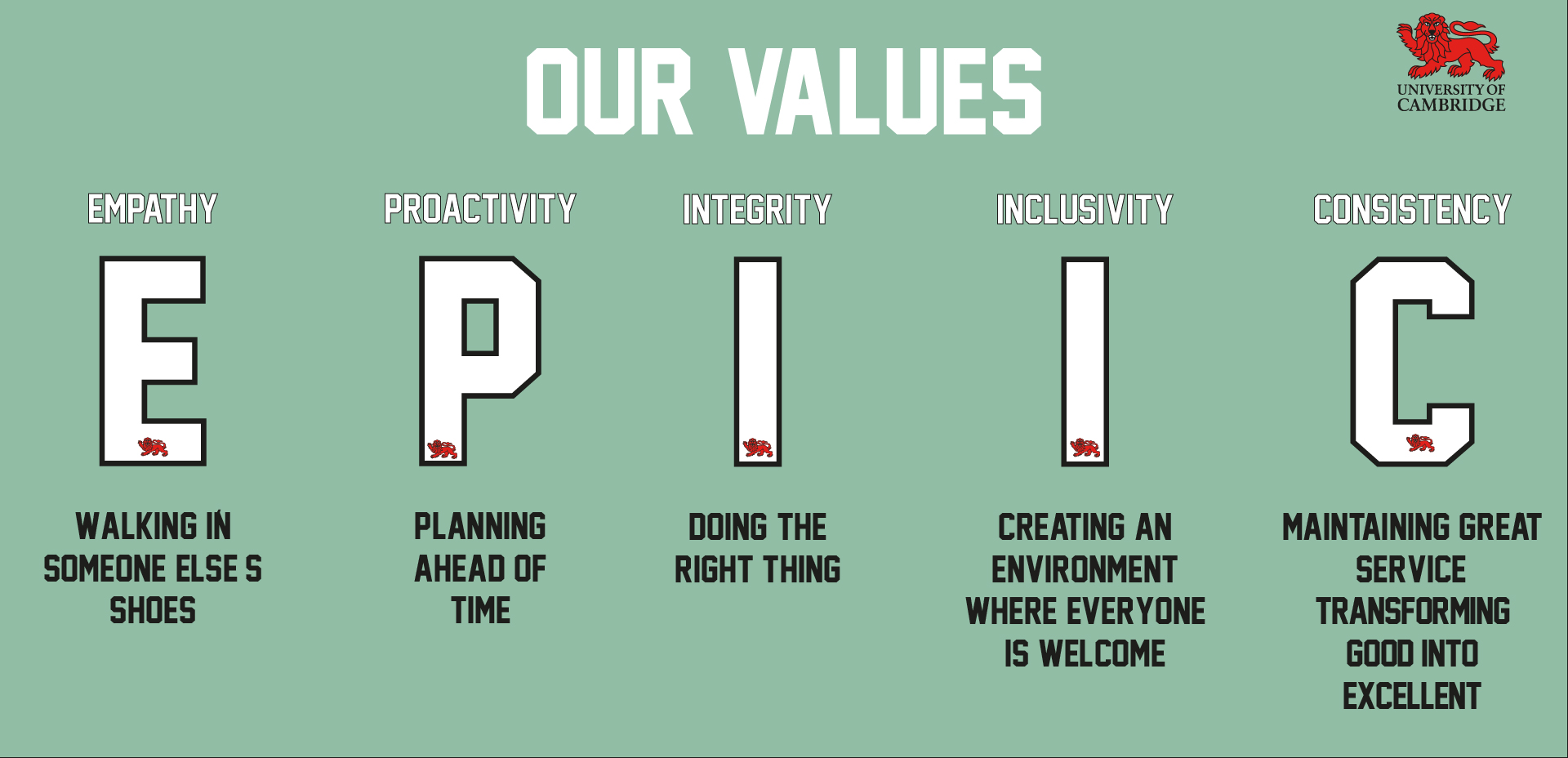
Cambridge is rich in cultural diversity. From beautiful University and College buildings, museums and art galleries, quaint gardens and punts on the River Cam, to a vibrant restaurant and café scene, our employees are surrounded by the wonderful features of this unique city.
You can find a wide-range of high street shops and 3 shopping centres, with independent alternatives at the historic market and nestled within the passageways in the city centre. You will find a cinema, bowling alley, a nightclub and various live performances at the Cambridge Leisure Park, with further entertainment options at the Corn Exchange, Arts Theatre and the ADC Theatre. Further information can be found on the Visit Cambridge website.
If you prefer the faster pace of life, London is a 45 minute train journey away. For those travelling from overseas, Stansted Airport is just 45 minutes away and Heathrow Airport under 2 hours away. The University is a short distance from a host of other attractions such as Ely Cathedral, Newmarket Races and various wildlife parks and stately homes. Cambridge is also within easy reach of the beautiful Broads and coastlines of Norfolk and Suffolk.
Relocation Support
The University recognises the importance of helping individuals to move and settle into a new area. We provide support and guidance to those relocating internationally or domestically to take up a post at the University of Cambridge, liaising with other University offices and selected partners to ensure comprehensive relocation support is available. This includes: accommodation, childcare, schools, banking, immigration and transport. If you would like further information, please click here. The Shared Equity Scheme and the Reimbursement of Relocation Expenses Scheme provide financial assistance to qualifying new members of staff with the costs of relocating to Cambridge.
Accommodation Service
The University Accommodation Service helps staff, students and visiting scholars who are affiliated to the University in their search for suitable accommodation in Cambridge. The dedicated accommodation team can provide access to a wide range of University-owned furnished and unfurnished properties, and has a database of private sector accommodation available for short and long-term lets. For further information and to register with this free service please click here.
JOB DESCRIPTION
The Director leads the University’s Sports Service and, working in collaboration with the 31 Colleges, 77 University sports clubs and other Unified Administrative Service (UAS) Divisions, in particular Education Services and the Estates Division, is responsible for the provision and development of sport and physical activity for students, staff and the wider community.
Key responsibilities
Strategy
Finance
Sports Facilities
Human Resources
Governance and compliance
Sports Clubs
Profile and advocacy
Partnerships and Fundraising
Please see the 2024 Sport Service organisation chart here.
PERSON SPECIFICATION
All of the following criteria are considered essential unless otherwise noted.
Experience
Skills
Qualifications
Additional requirements
We offer a comprehensive reward package to attract, motivate and retain high performing staff at all levels and in all areas of work.
The University offers a wide range of competitive benefits, from family leave entitlement, to shopping and travel discount schemes. Our generous annual leave package contributes to the positive wellbeing of our University employees. The University also has a career break scheme for academic and academic-related staff, with additional flexible working policies for all other staff.
Pay and benefits
The University salary structure includes automatic service-related pay progression in many of its grades and an annual cost of living increase. In addition to this, employees are rewarded for outstanding contribution through a number of regular pay progression schemes. The University offers attractive pensions schemes for employees, with an additional benefit of a salary exchange arrangement providing tax and national insurance savings.
CAMbens employee benefits
The University offers employees a wide range of competitive benefits, known as CAMbens. CAMbens offers something for everyone across a range of categories, including:
Family-friendly policies
The University recognises the importance of supporting its staff. We have a range of family-friendly policies to aid employees’ work-life balance including a generous maternity, adoption and shared parental leave entitlement of 18 weeks full pay, and paid emergency leave for parents and carers.
Other family-friendly support includes:
Our highly regarded workplace nurseries, a childcare salary exchange scheme and a high quality holiday Playscheme may be available to help support University employees with caring responsibilities (subject to demand and qualifying criteria). Further childcare information can be found here.
The Newcomers and Visiting Scholars Group is an organisation within the University run by volunteers whose aim is to help newly arrived wives, husbands, partners and families of Visiting Scholars and members of the University to settle in Cambridge and give them an opportunity to meet local people. The Postdoc Academy supports the postdoctoral community within Cambridge. Further details are available here.
Your wellbeing
The University’s Sport Centre, Counselling Services and Occupational Health are just some of the support services available to University employees to promote their physical and mental wellbeing. The University delivers The Festival of Wellbeing annually, which is a programme of stimulating talks and activities, which aim to promote wellbeing and good mental and physical health. The University also hosts the Cambridge Festival, which is a great opportunity to get your first taste of public engagement, through volunteering, supporting hands-on activities or proposing a talk.
Development opportunities
We support new employees to settle in through various activities as well as supporting their professional and career development on an ongoing basis. Our Personal and Professional Development (PPD) team provide development opportunities for all University employees, including face-to-face sessions, online learning modules and webinars. All employees also have unlimited access to LinkedIn Learning to support their development. Both new and existing employees can undertake funded Apprenticeships, which lead to a range of vocational and professional qualifications. We offer reduced staff fees for University of Cambridge graduate courses and the opportunity to attend lectures and seminars held by University departments and institutions. A range of University training providers also offer specialist learning and development in their own areas e.g. teaching and learning, digital literacy, finance, health and wellbeing, safety.
Tenure and probation
The appointment will be made on a permanent basis and will be subject to satisfactory completion of a probationary period of nine months.
Hours of work and working pattern
This is a full-time position. Our approach to flexible working values both face-to-face engagement and personal freedom and reflects contemporary practices. You and your manager will be able to tailor an arrangement that best suits your preferences and our business needs.
Pension
You will automatically be enrolled to become a member of USS (Universities Superannuation Scheme) – a defined benefits pension scheme. For further information please click here.
Annual leave
Full time employees are entitled to annual paid leave of 41 days inclusive of public holidays. For new part-time employees, annual leave will be pro rata’d based on days worked.
Equality and Diversity
We particularly encourage candidates from a Black, Asian and Minority Ethnic background to apply for this vacancy as they are currently under- represented at this level within our University.
Information if you have a disability
The University welcomes applications from individuals with disabilities. We are committed to ensuring fair treatment throughout the recruitment process. We will make adjustments to enable applicants to compete to the best of their ability wherever it is reasonable to do so and, if successful, to assist them during their employment. Information for disabled applicants is available here.
General information
Pre-employment checks Right to work in the UK – we have a legal responsibility to ensure that you have the right to work in the UK before you can start working for us. If you do not have the right to work in the UK already, any offer of employment we make will be conditional upon you gaining it.
Screening checks
This role requires a basic disclosure and a security check. Any offer of employment we make to you will be conditional upon the satisfactory completion of these check(s); whether an outcome is satisfactory will be determined by the University.
Qualifications
The person specification for this position lists qualifications that are essential and/or desirable. Please note that if you are offered the post you will be asked to provide your relevant original certificates of these qualifications.
References
Offers of appointment will be subject to the receipt of satisfactory references.
We encourage you to declare any disability that you may have, and any reasonable adjustments that you may require, in your letter of application. This will enable us to accommodate your needs throughout the process as required. However, applicants and employees may declare a disability at any time.
Anderson Quigley is acting as an advisor to the University, an executive search process is being carried out by Anderson Quigley in addition to the public advertisement.
The closing date for applications is Friday 19th July 2024.
Applications should consist of:
Should you wish to discuss the role in strict confidence, please contact Elliott Rae at elliott.rae@andersonquigley.com or +44 (0)7584 078 534 or Carolyn Coates at carolyn.coates@andersonquigley.com or +44 (0)7825 871 944.
| Closing date | 19th July |
| Preliminary interviews | Early-mid August |
| Shortlisting | Mid August |
| Online behavioural assessments | Late August |
| Final interviews | 6th September |